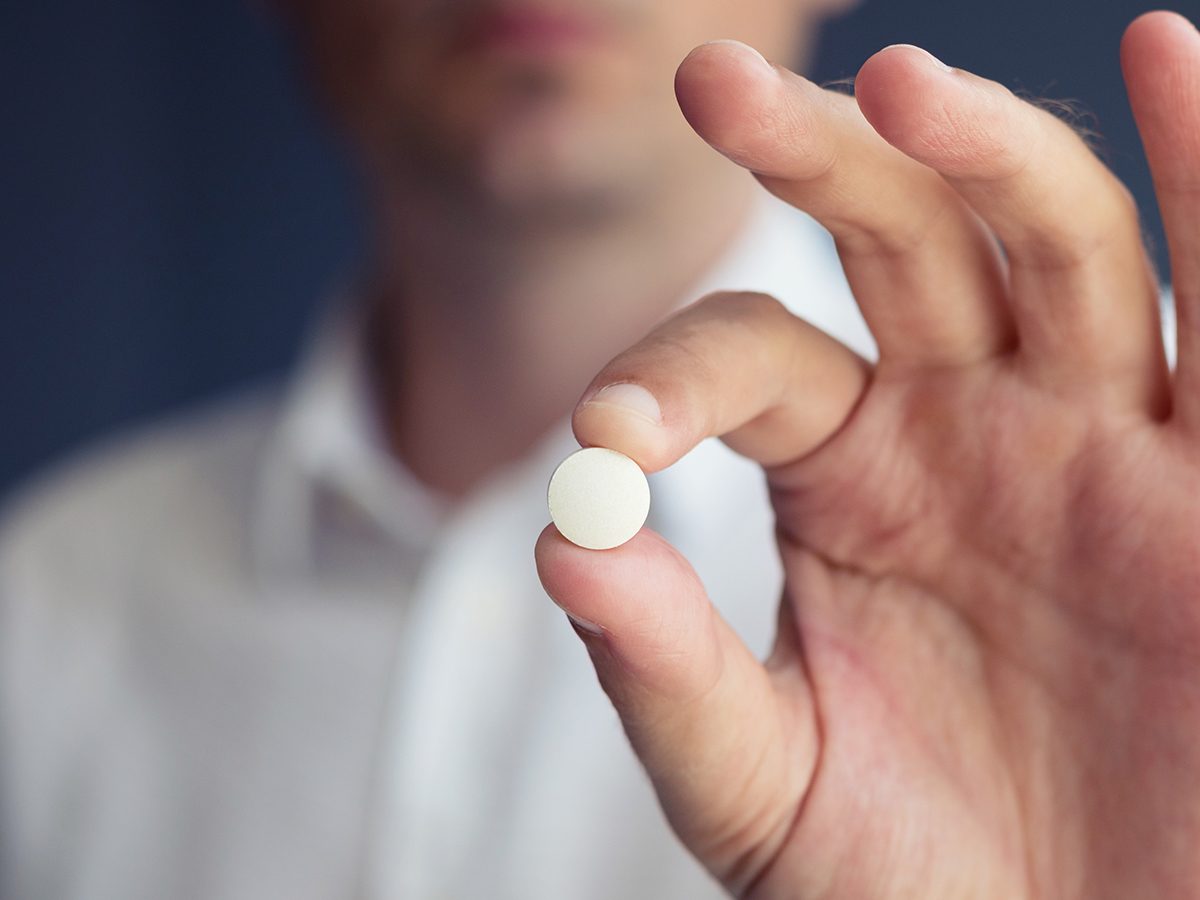
Acetaminophen might be dulling your emotions
A series of recent studies suggests that taking 1,000 milligrams of acetaminophen, the popular go-to for everyday aches and pains, might blunt some of our emotional responses, including empathy, joy and hurt feelings. Researchers suggest this may happen because acetaminophen reduces activation in brain areas that are thought to be involved in not only pain but also emotional awareness. Until it leaves your system, the drug can also affect risk perception, which could impact your health and welfare. Take that into account when you’re driving a car, for instance, or making decisions related to COVID-19 social safety.

Probiotic claims overblown
There are thousands of species of bacteria in your intestines—known as the “gut microbiome.” Many are beneficial for your digestive health: among other things, the gut microbiome metabolizes the nutrients in food and protects the intestines against infections.
Medical scientists still have a lot to learn about which strains and combinations of these bacteria do what, but that doesn’t stop companies from claiming probiotics—foods and supplements containing living bacteria—will improve such ailments as inflammatory bowel disease and irritable bowel syndrome. (In most countries, these products aren’t sold as drugs, so their makers can assert untested claims.)
The American Gastroenterological Association reviewed relevant studies and concluded that certain probiotics may be useful for preventing an intestinal disease called necrotizing enterocolitis when given to premature babies, for reducing the risk of catching a C. difficile infection when people are on antibiotics, and for managing pouchitis, a complication of ulcerative colitis surgery. Beyond that, there wasn’t enough evidence to recommend probiotics for treating other digestive conditions, unless recommended by your doctor.
A more surefire way to foster the health of your gut microbiome is by eating a high-fibre diet, including plenty of fruit, vegetables and whole grains.

A sweet home remedy for coughs
It’s that time of the year when the flu and the common cold are in full force—often bringing nasty coughs. According to an Oxford University review, the solution is in your kitchen cupboard: a jar of honey. A spoonful can bring more symptom relief than the usual treatments, such as antibiotics (which are often prescribed even though they’re ineffective for viruses) and cough syrup. The common sweetener works its magic by coating and soothing the irritated mucous membranes in the throat. Just don’t give it to infants under 12 months, because it may contain microbes that are harmful to them, but not to adults and older kids.
Find out 15 more highly effective folk medicine remedies from around the world.
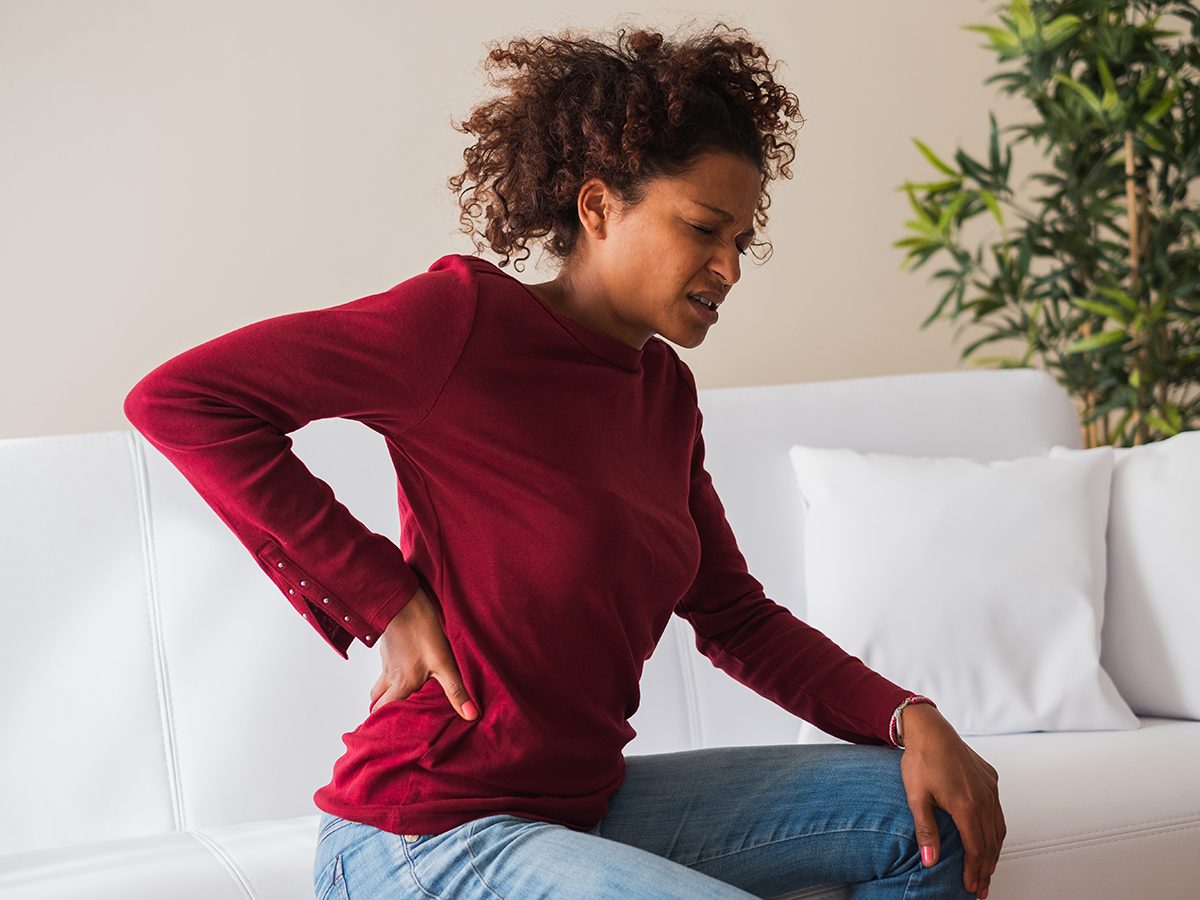
Breaking chronic pain’s vicious cycle
People living with lasting pain often avoid regular exercise. While understandable, that habit can be counterproductive, as physical inactivity can make pain worse. A Penn State study of people with osteoarthritis found they were more sedentary and avoided activities they were capable of doing on days when they thought about their pain with a more exaggerated sense of helplessness or hopelessness. A psychologist can coach you in avoiding this pitfall, along with other techniques for continuing to thrive with chronic pain. For instance, learning to recognize discouraging thoughts as just thoughts, rather than assuming they’re true, can positively influence your habits.
Here are the telltale signs you need to move more.
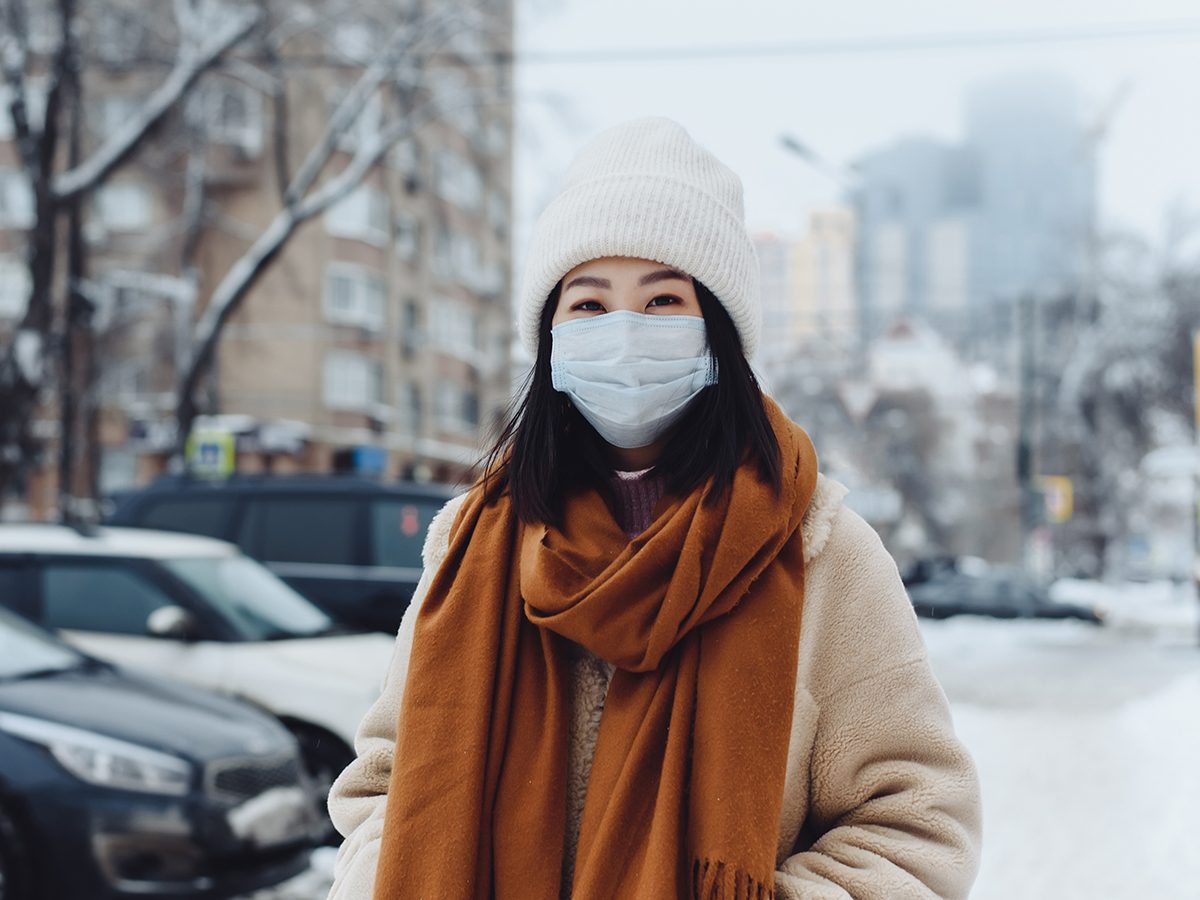
Face shields aren’t a mask substitute
Although plastic face shields may be more comfortable than surgical or cloth masks, they’re less effective at protecting you and others. Florida engineers recently put face shields to the test by mimicking the small droplets that are thought to spread COVID-19. After a simulated cough or sneeze, a face shield blocked the droplets’ initial forward motion, but they were able to escape through the bottom and sides—and out into the room. Face shields could be a useful addition to masks, since they offer some protection for your eyes, but they shouldn’t generally be used on their own.
Read about the Canadian company that’s making masks specifically designed for men with beards.
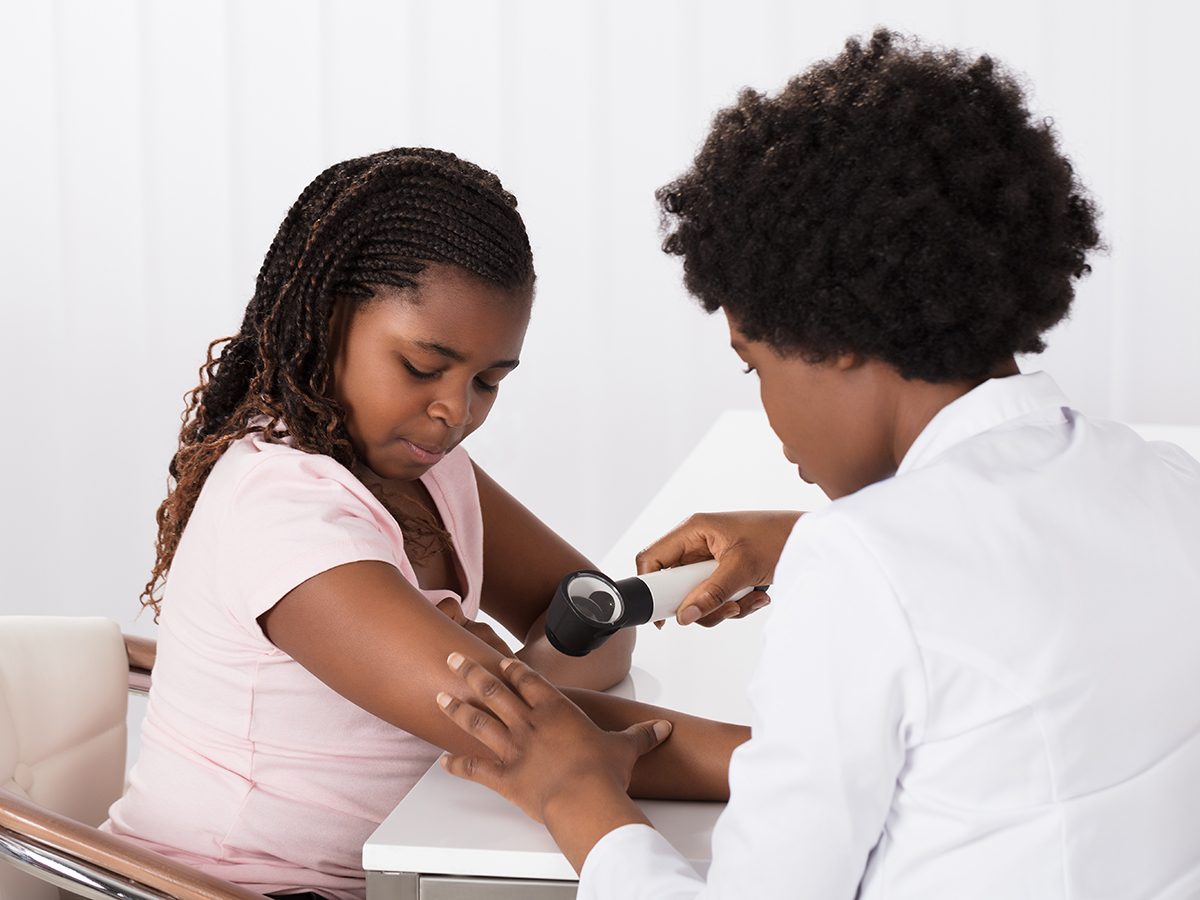
Doctors don’t always recognize symptoms on darker skin
The health care a person receives can be compromised by their skin tone—in part because doctors don’t see many photos in their medical school textbooks of dermatological symptoms on non-white individuals. This reality makes it trickier for people of colour to get a timely and accurate diagnosis for diseases ranging from anemia to melanoma. British medical student Malone Mukwende came up with a partial solution: he compiled a photographic handbook for patients and doctors, available at blackandbrownskin.co.uk.
Here are the skin changes you should never ignore.

Home is where the heart risk is
Life partners share a lot of things—and that includes their level of cardiovascular health, according to a JAMA Network Open study. Among the 5,364 couples that took part, the correlation was most often the case because they both had the same risk factors, whether it was high cholesterol, smoking, physical inactivity, obesity, high blood pressure or poor eating habits. On the flip side, though, researchers found that partners can also have a positive effect on each other: participants were 2.3 times more likely to quit smoking if their other half did and 6.4 times more likely to follow the other’s lead in improving their diet.
Here are 50 heart health tips cardiologists want you to know.
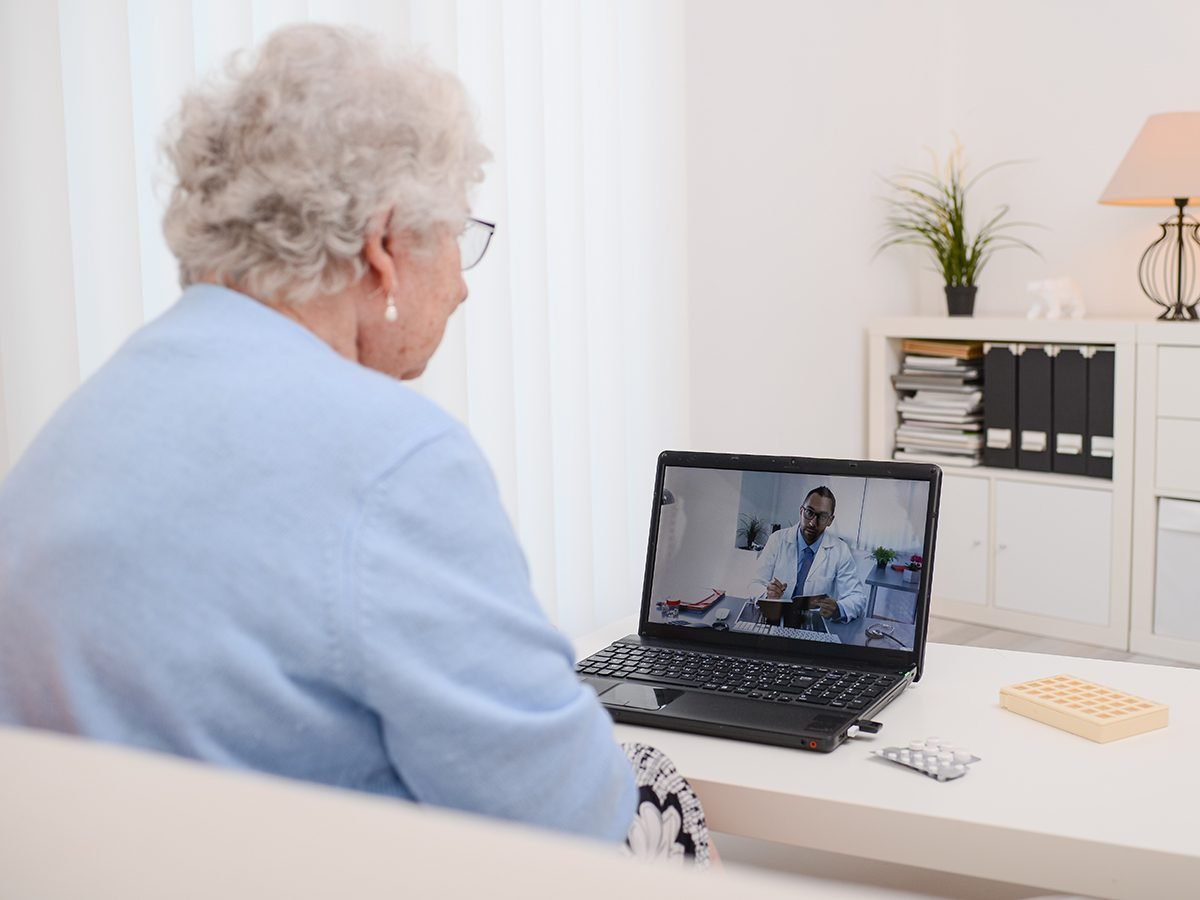
Rethinking the risks of breast-cancer surgery
Breast cancer can often be stopped through surgery—mastectomies and lumpectomies—but doctors don’t always offer it to women over 70, worrying that it may do them more harm than good. However, new research suggests that for most older women, surgery is life-lengthening—and more tolerated than some have assumed. In fact, only the least fit and most frail patients didn’t fare better with these procedures.
Of course, some women may still be willing to risk a shorter life if it means avoiding these invasive treatments. To help with the decision, the researchers created a tool that doctors and patients can use together to estimate survival with and without surgery. It’s available at agegap.shef.ac.uk.
Meet the Ontario doctor who’s helping breast cancer patients prepare for treatment.

How to cook arsenic out of rice
Arsenic is naturally found in soil and water, and unfortunately, rice is good at absorbing this toxic element as it grows. While rice doesn’t contain enough arsenic for most adults to worry about, young children’s small bodies can be poisoned more easily. Although no rice-related harms have been documented, for families that eat a lot of the grain and want to play it safe, British scientists found that the best way to prepare it for kids is to boil water first, add the rice for five minutes, dump the water, replace half of it, then cook at low to medium heat until the rice is done. This method discards over half of the arsenic while keeping a lot of the vitamins and minerals.
Find out 10 healthy eating tips that are good for the planet, too.
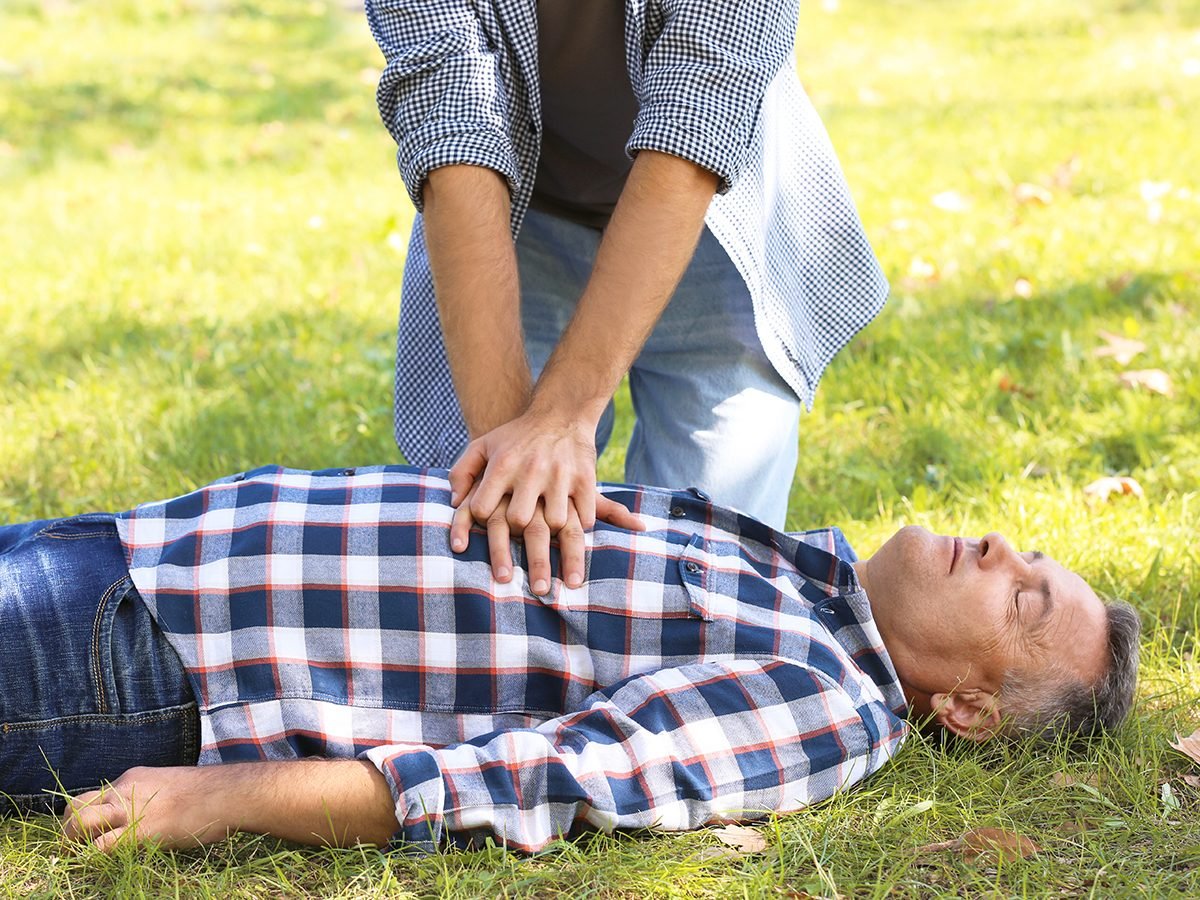
In CPR, breaking bones is the lesser evil
You wouldn’t know it from watching TV portrayals of people performing CPR, but nearly a third of recipients end up with broken ribs. Still, for the person performing it, it’s a risk worth taking, according to the European Resuscitation Council, which recommends a depth of five centimetres (two inches) for chest compressions on an adult. A recent Spanish study supports this advice: it found that adults with CPR-related fractures had a much better chance of surviving cardiac arrest without brain damage than those who had no fractures. Bones heal, so don’t be shy about pushing deep enough with your compressions.
When’s the last time you had first aid training? Brush up on the essential steps of CPR.
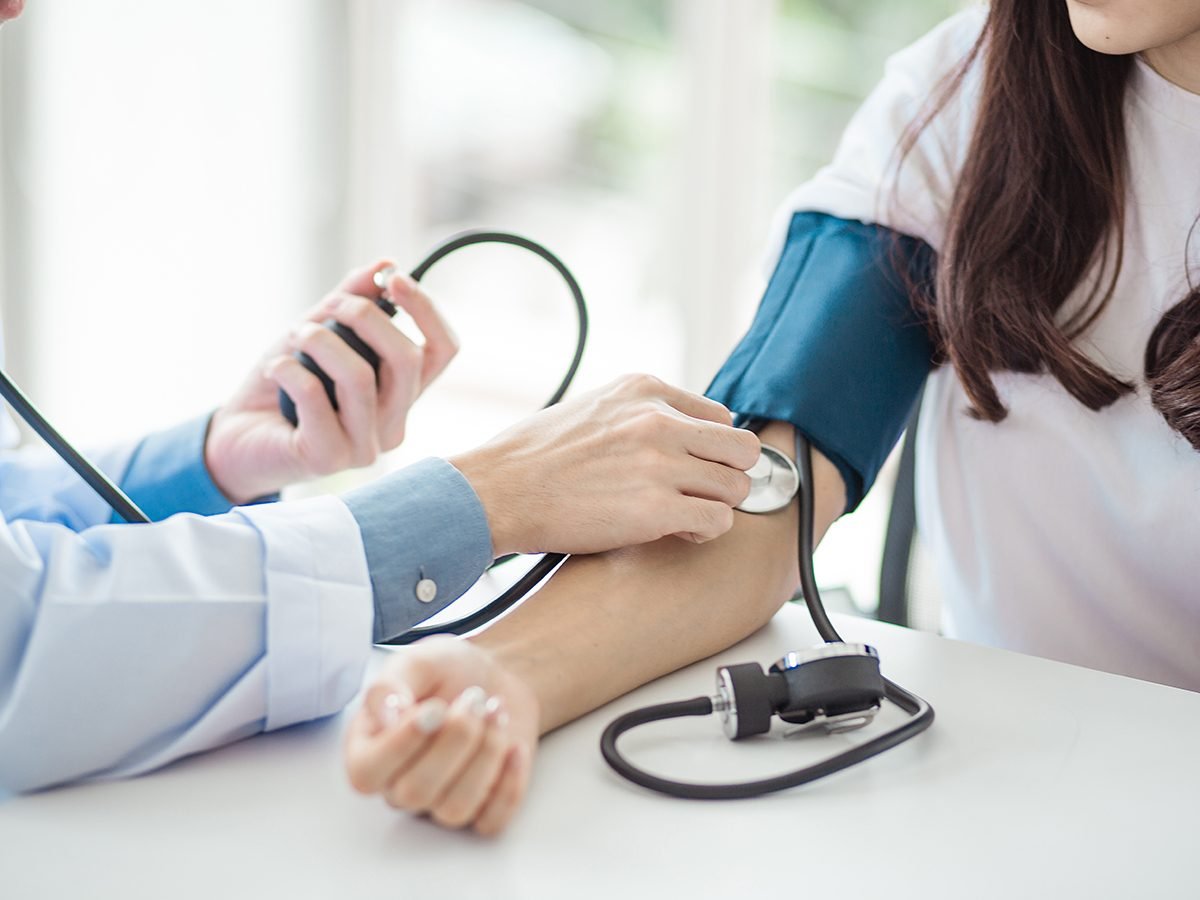
Nighttime blood pressure: Why it matters
For most people, their blood pressure dips slightly when the body relaxes at night. But for others, it spikes—a condition called “nocturnal hypertension.” For a Japanese study, people with daytime hypertension or other cardiovascular risk factors (diabetes or high cholesterol, for example) wore ambulatory blood-pressure monitors for at least 24 hours. The devices revealed that 12 per cent of the participants experienced nocturnal hypertension. These subjects had an even higher risk of developing heart disease than the others, especially heart failure.
If you’re getting treated for blood pressure but only ever check it during the day, uncontrolled nighttime issues could be flying under the radar. Ask your doctor if ambulatory monitoring is available.
Here’s how to know when high blood pressure is an emergency.
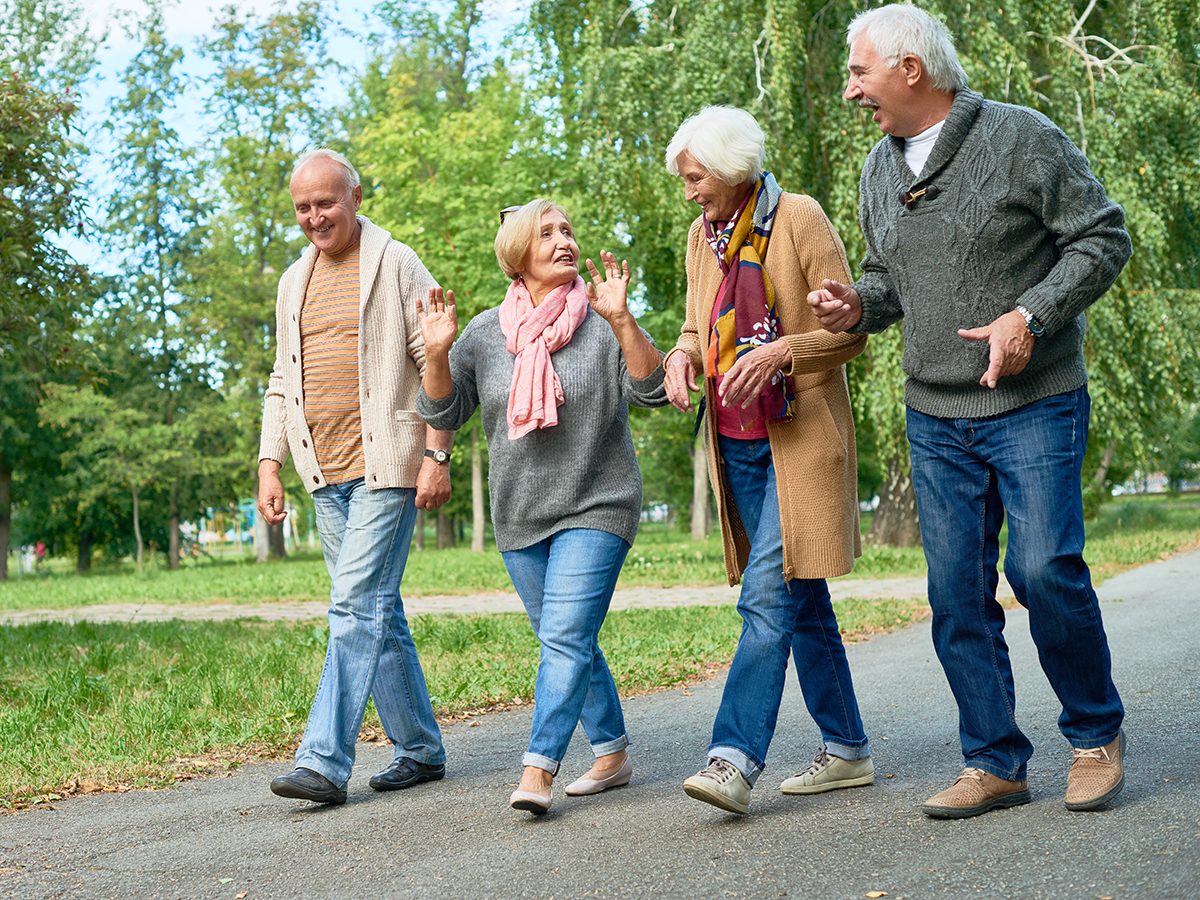
Choose an exercise app that suits your personality
If sticking with an exercise habit is a challenge for you, there’s an app for that. In a University of Pennsylvania trial, smartphone games helped subjects become more active.
Participants were randomly assigned to one of three versions of a game that recorded how many steps they took each week. The first version placed them in direct competition with others. In the second version, they worked as a group to gain points. In the third, players earned points on their own but were asked to designate a friend or family member to be their supporter. This person received an email each week reporting on the player’s performance in order to help cheer them on.
On average, all three groups racked up more steps than usual. That said, certain versions of the game worked better for people with different personality traits. For instance, players who were more outgoing and more motivated to persevere with their goals tended to accumulate more steps in the competitive mode. In contrast, introverts tended to respond well to the game whether it was competitive, collaborative or supportive. A third group, who were generally more prone to taking risks with their health and safety (by not wearing a seatbelt, for example), were not helped by the game at all.
In short, exercise gamification works for a lot of people but not for everyone. Also, if you decide to give it a try, keep your personality in mind when choosing from among the many available apps.
Check out 15 of the best workouts for people who hate exercise.

The pros and cons of PPIs
One of the world’s most commonly used drugs, proton-pump inhibitors (PPIs) bring relief from acid reflux, peptic ulcers and indigestion. However, scientists have linked long-term use to an increased risk of kidney disease, gut infections, stomach cancer and, recently, diabetes. If you have no choice but to rely on PPIs for two years or more, ask your doctor about getting your blood sugar checked regularly.
Looking for a kitchen cabinet cure as an alternative? Try these home remedies for indigestion.

Exploring is a mood booster, even close to home
COVID-19 has curbed the joy that can come from travel, but it doesn’t have to end it. A Nature Neuroscience study showed that simply exploring near where you live brings novel experiences that could lift your mood.
Check out more self-care ideas that can help you through the pandemic.
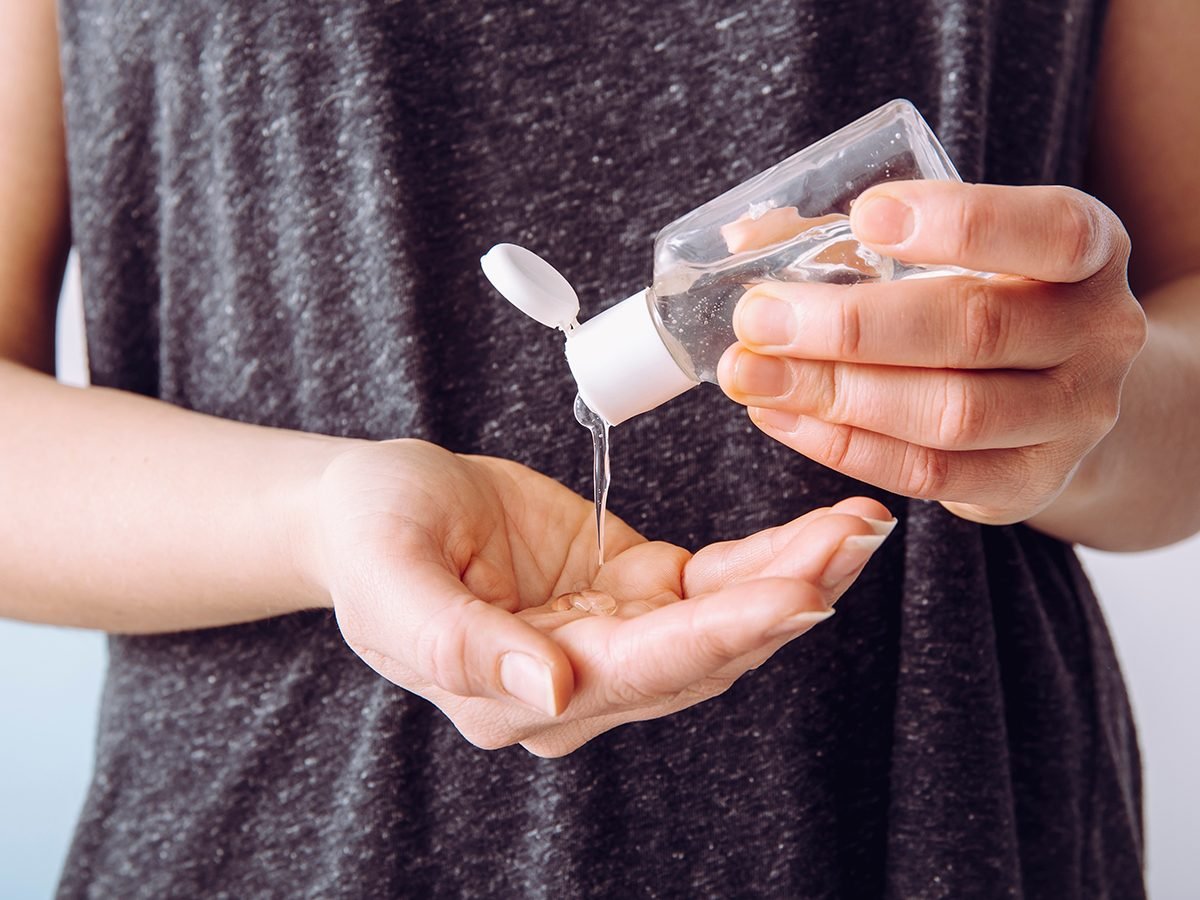
Don’t fall for shoddy hand sanitizer
If you’ve been shopping for hand sanitizers lately, you’ve likely noticed your options have multiplied. New manufacturers entered the market in response to COVID-19, but not all of them are safe to use. For instance, some contain dangerous substances such as methanol. Government regulators, including Health Canada, have issued alerts about brands to avoid. You should also watch out for products with less than 60 per cent alcohol, which won’t kill many germs. The best germ-killing method remains washing your hands with soap and water; hand sanitizer is merely a substitute for when that’s not an option, like when you’re on the go.
Make sure you avoid these common hand-washing mistakes.
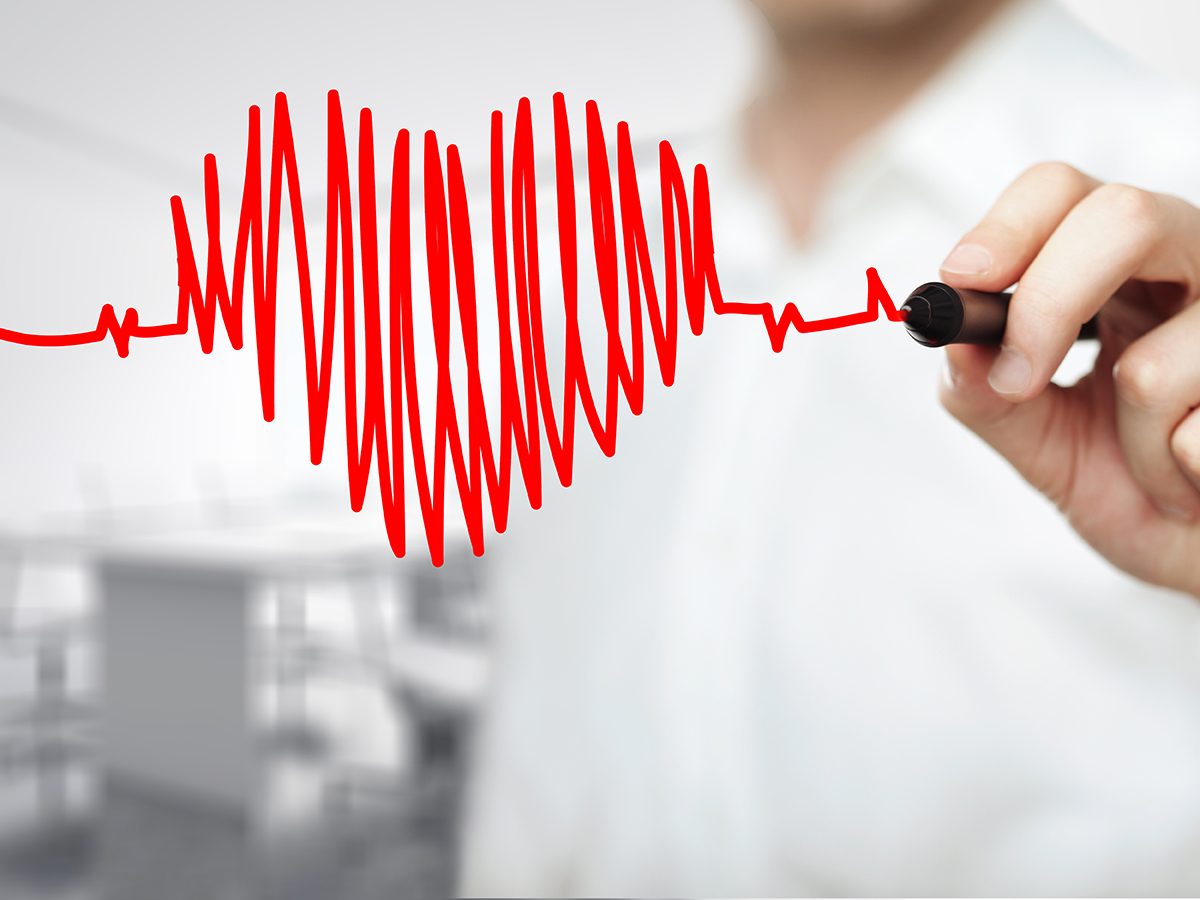
Cannabis could harm the heart
Now that cannabis is more available than ever, claims abound about its medical effects—good and bad. The truth is, because it was classified as an illicit substance for years, medical scientists don’t yet know a whole lot about it. When it comes to your cardiovascular system, the two main active ingredients seem to have opposite effects: CBD lowers blood pressure while THC raises it. But regardless of how much or little THC there is, inhaling marijuana smoke increases carbon monoxide in the blood, according to a recent statement from the American Heart Association. Regular exposure to the substance has been linked to strokes, and more research may reveal additional risks. For now, the AHA doesn’t recommend taking cannabis by smoking or vaping it.
Check out more stroke risk factors you can control.

A subtle but common symptom of COVID-19
If your senses of taste and smell suddenly weaken, there’s a decent chance you have COVID-19, even if you otherwise feel okay. Several studies have now demonstrated a strong association between this symptom and the infection. “I’ve had people tell me they’ve lost the ability to smell and taste for a month,” says Dr. Carol Yan, a rhinologist at University of California San Diego Health and the lead author of one such study. “Because of the new research, they’ve been tested and all been positive,” she says. Yan notes that while having this symptom should now qualify you for testing, anybody who can’t access a test should call their doctor and quarantine themselves. Fortunately, smell and taste usually come back once the infection clears up.
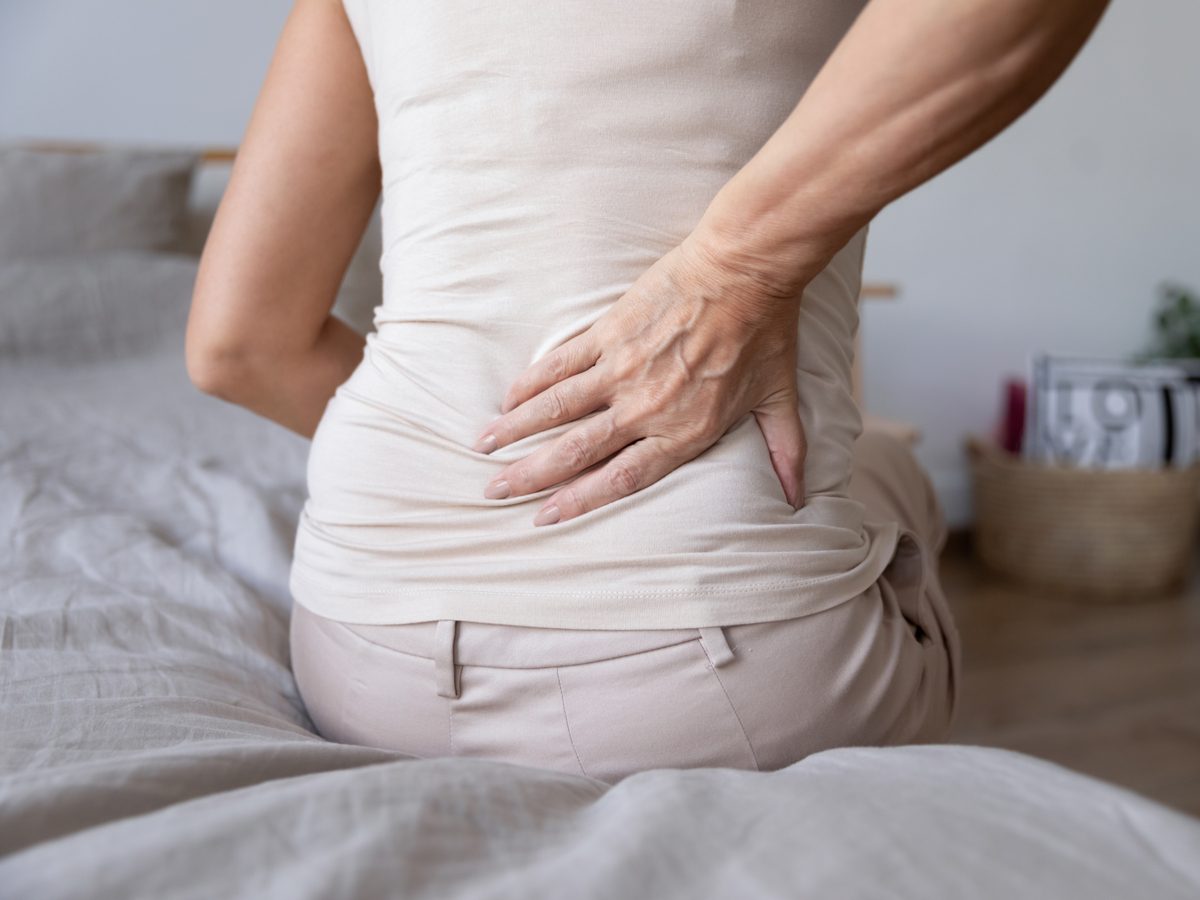
Exercises for banishing lower back pain
With so many people working from home—often at ergonomically unsound, makeshift desks—it might seem like everyone is complaining about lower back pain. But there’s an easy cure: Lithuanian scientists have shown that regularly performing lumbar-stabilization exercises can be an effective way to get rid of the pain—and keep it away. These exercises strengthen the muscles that support the lower spine and facilitate safe spinal movement. They include, for example, the double knees to chest stretch, which is performed while lying on your back. Committing to a 45-minute program twice a week is all it takes.
Check out five yoga poses for back pain relief.

Lack of sleep hurts teens’ mental health
Does a teenager in your family often have dark circles under his or her eyes? The teen years bring an array of new threats to sleep, including the end of parent-set bedtimes and a naturally late sleep-wake cycle that doesn’t jibe with school schedules. While inadequate sleep may not seem like a big deal, it can contribute to mental-health issues. A study from the U.K. found that 15-year-olds who were getting less shut-eye on school nights were significantly more likely to develop depression or anxiety in their teens or early 20s. Cognitive behavioural therapy for insomnia can help families pinpoint and address the underlying causes, whether they’re related to bad habits just before bedtime—screen time in the late evening, for example—or other factors.
Concerned you might be addicted to social media? Here’s expert advice on how to unplug.
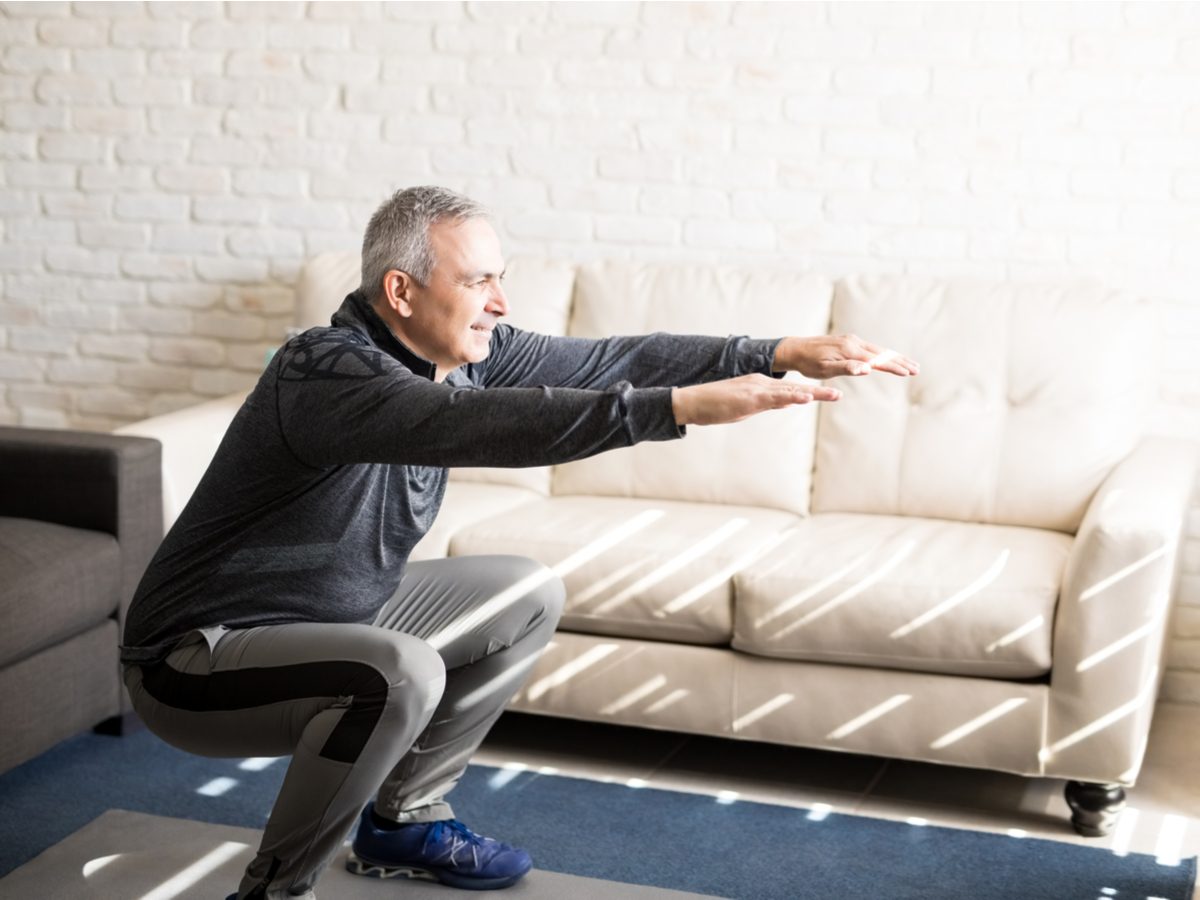
The big payoff of a good stretch
If limited mobility or COVID-19 social-distancing measures have cut back your exercise opportunities, a simple home stretching routine can still boost your heart health. In a recent Italian experiment, participants who performed a series of leg stretches five times a week for 12 weeks saw improvements in their vascular function (their arteries’ ability to dilate and constrict) and in how stiff their arteries were—even beyond the legs. These changes may reduce health risks, since arterial stiffness and vascular function both play a role in diabetes and heart disease.

Even mild hits to the head can affect the brain
Years’ worth of research leaves little doubt that repeated concussions are leading to irreversible brain injuries, and even suicide, among professional athletes who play contact sports such as hockey, rugby and football. But what about the minor, non-concussive head impacts that are common even for amateur players? Scientists at Western University in London, Ont., have found that these also cause visible changes to brain structure and connectivity. The changes, which may hinder the brain’s ability to move information between its areas, accumulated over time, suggesting possible long-term ramifications. Athletes, parents and coaches who want to play it safe should limit all types of head impacts—not just those that cause obvious symptoms.
Learn to spot the telltale symptoms of concussion.
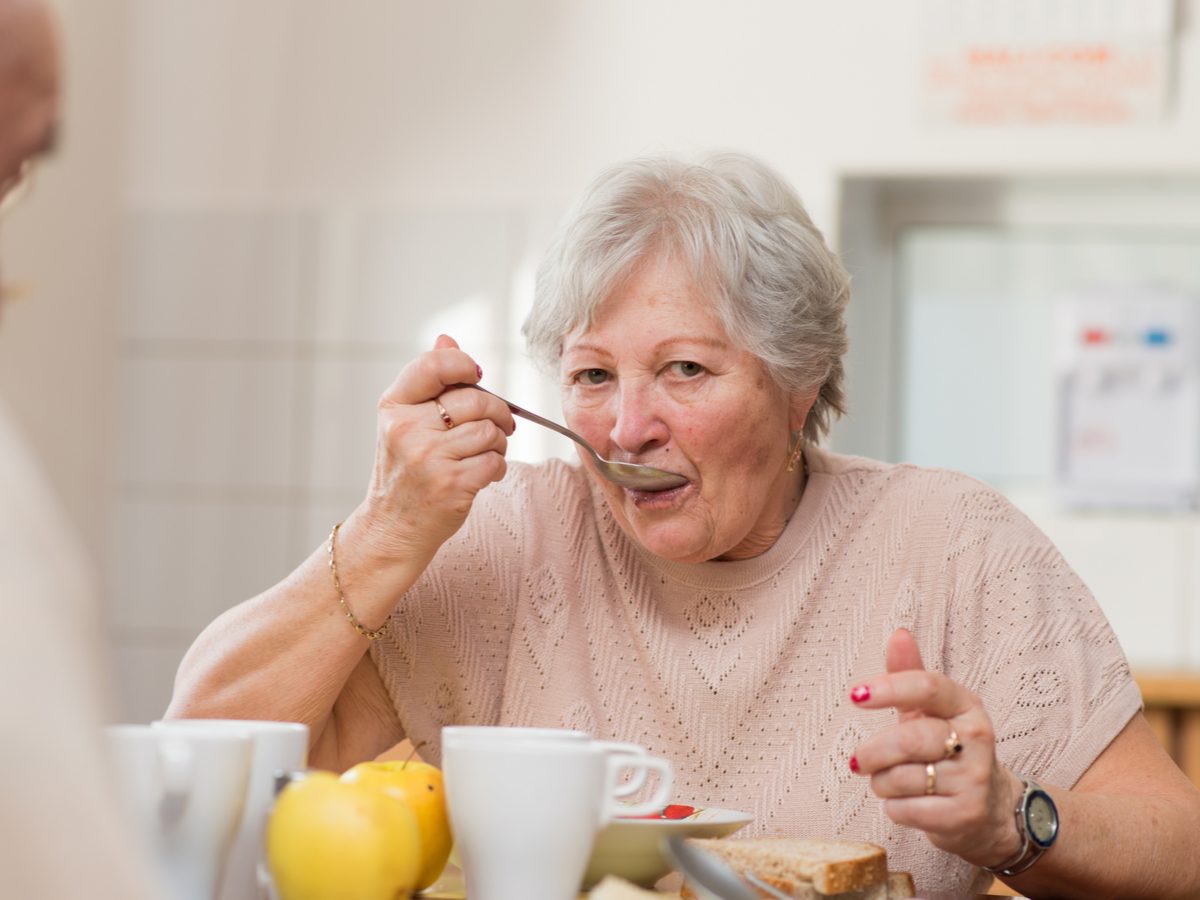
Blood-pressure meds extend life even for frail seniors
Few clinical trials of new medications include elderly people in poor overall health—an unfortunate knowledge gap. An exception was a recent Italian study, which looked at almost 1.3 million seniors—with an average age of 76—who each had at least three prescriptions for high blood pressure. Compared to frail subjects who took their meds less than a quarter of the time, those who took them faithfully were 33 per cent less likely to die within seven years. Healthier patients got an even bigger boost to their longevity from sticking to their prescriptions, but both groups benefited.
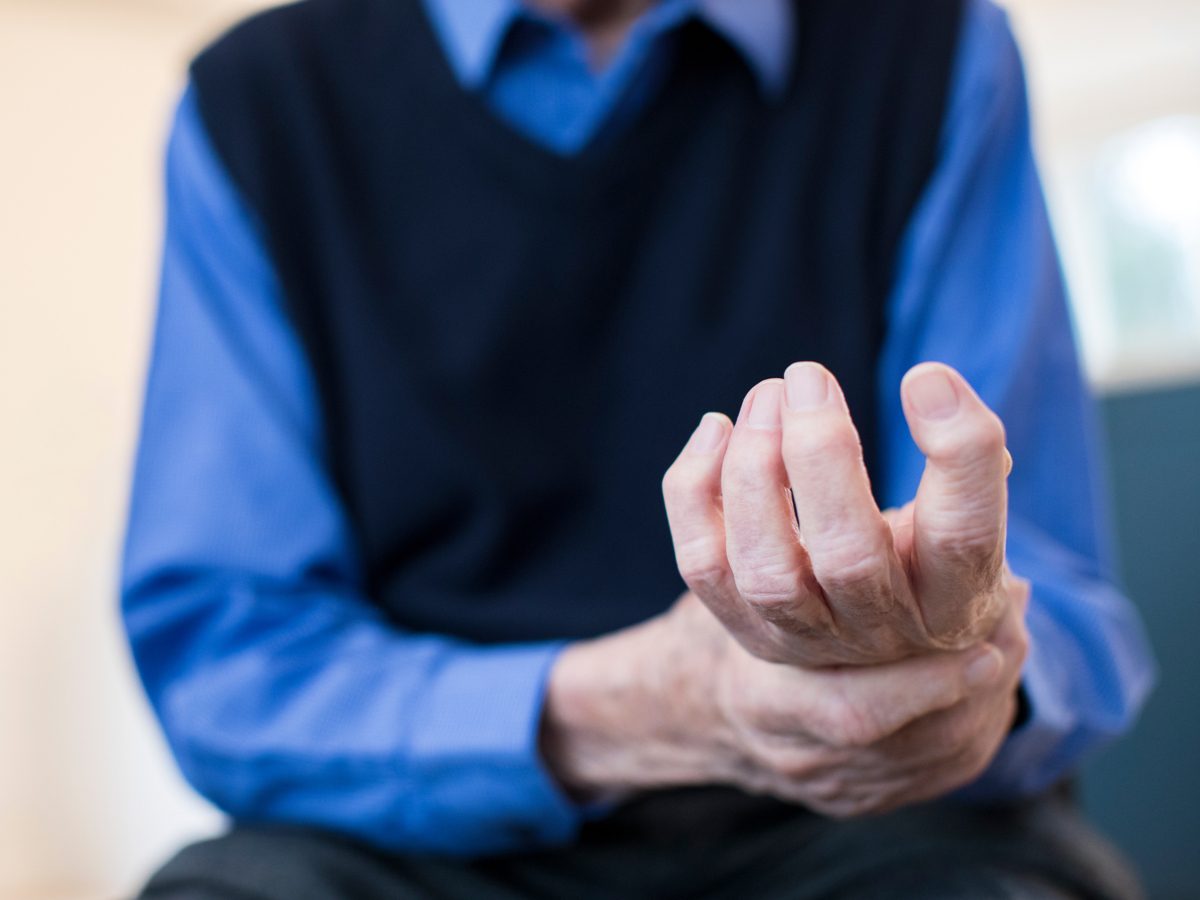
Reducing the fatigue of rheumatoid arthritis
Although it’s best-known for joint pain, rheumatoid arthritis also causes persistent weakness and exhaustion in up to 90 per cent of patients. It doesn’t improve much with rest. And, worse, there’s been no effective treatment.
A Belgian study of patients who’d been newly diagnosed with RA indicates, however, that there’s a window of opportunity early on for addressing the problem. RA is one of many diseases in which the immune system attacks the body’s own tissue, causing inflammation. In the study, some participants were prescribed methotrexate, a drug that decreases immune-system activity and inflammation. Because of its safety and effectiveness, it’s the gold standard treatment for RA, but it only starts working after several months.
The remaining subjects were prescribed methotrexate, as well, but also initially took prednisone, a faster-acting albeit riskier anti-inflammatory. (Its possible effects include agitation, fluid retention and insomnia.) As the time that methotrexate was expected to kick in drew nearer, these patients gradually cut back on prednisone. The patients who took this combination went on to feel less fatigued over the next two years and didn’t experience more side effects than the other group—all of which is great motivation for RA patients to talk to their doctor about receiving intensive treatment as soon as possible, to help them feel better in the long run.
Protect your joints against pain and inflammation by avoiding these arthritis trigger foods.
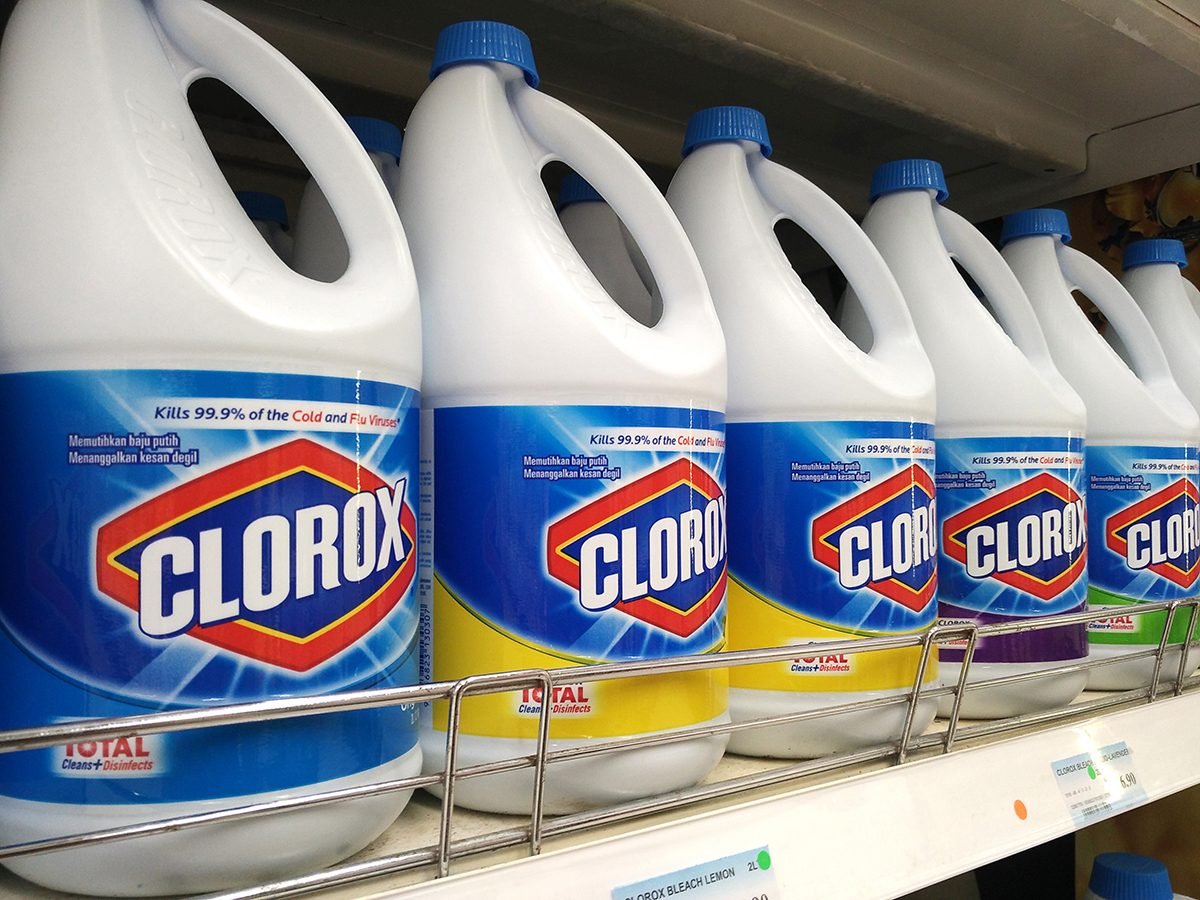
Bleach: Not for consumption
During the spread of COVID-19, poison-control centres around the world noticed an increase in calls. By surveying the public, the American Centers for Disease Control and Prevention confirmed that this was no coincidence. In a misguided effort to protect themselves, nearly four in 10 respondents had employed household cleaners, bleach or surface disinfectants in potentially dangerous ways, such as using them to clean their fresh produce, mist their bodies or wash their hands. Ingesting these products’ chemicals could poison you—no matter what Donald Trump says—and food-safety authorities recommend rinsing fresh produce with water instead. Meanwhile, stick to cleaning your hands and body with soap, which is proven to kill COVID-19.
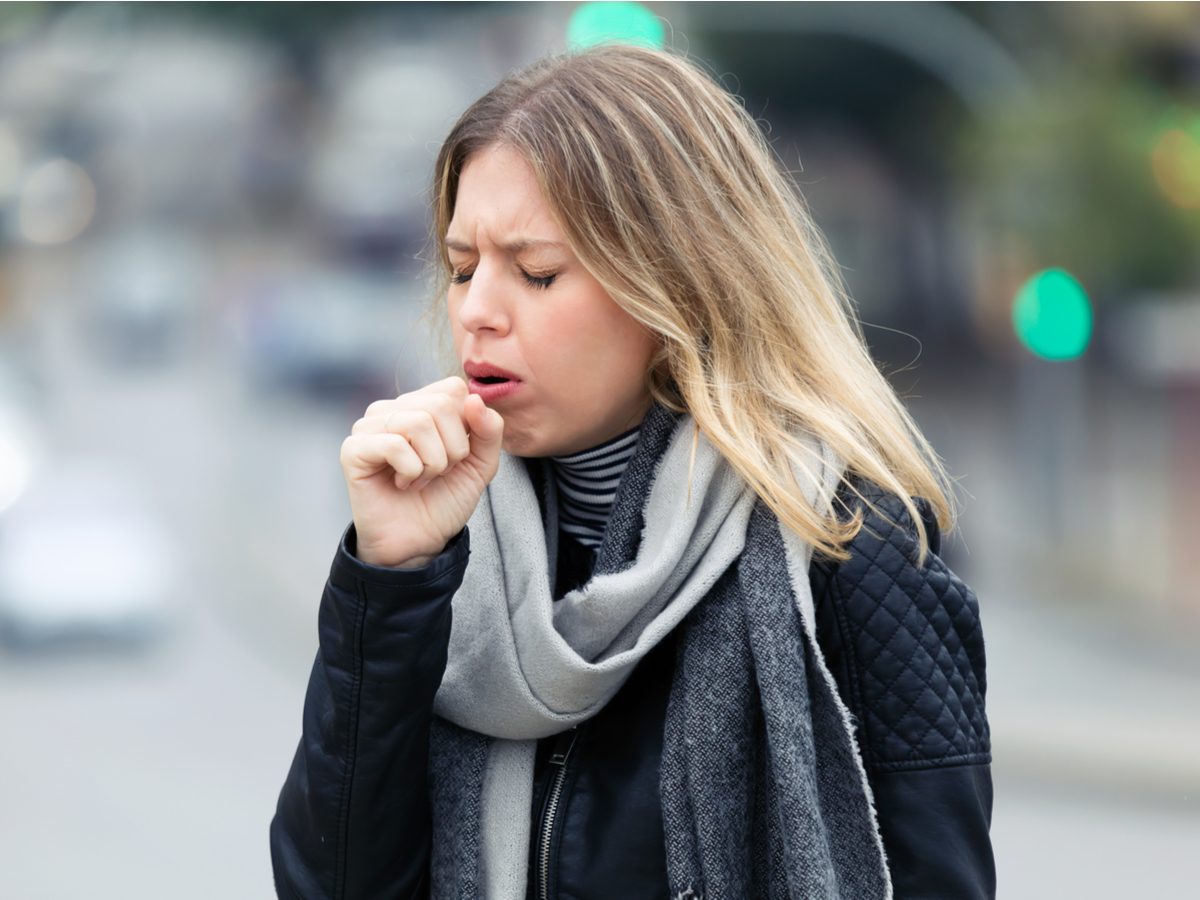
COVID-19 and the flu
As flu season approaches and the pandemic persists, we need to be prepared for the convergence of the two viruses. Dr. Benjamin Singer, a Chicago-based pulmonologist, states in a Science Advances editorial that the physical-distancing measures we’ve adopted for COVID-19 could also help the flu from spreading. Nevertheless, the influenza vaccine—already recommended because flu-related pneumonia is always a major cause of death—is especially important this year. If someone gets both infections at once, this could make diagnosing and treating them more complicated, Singer points out. Getting the flu shot also helps to keep preventable illnesses from overwhelming already strained health-care systems.
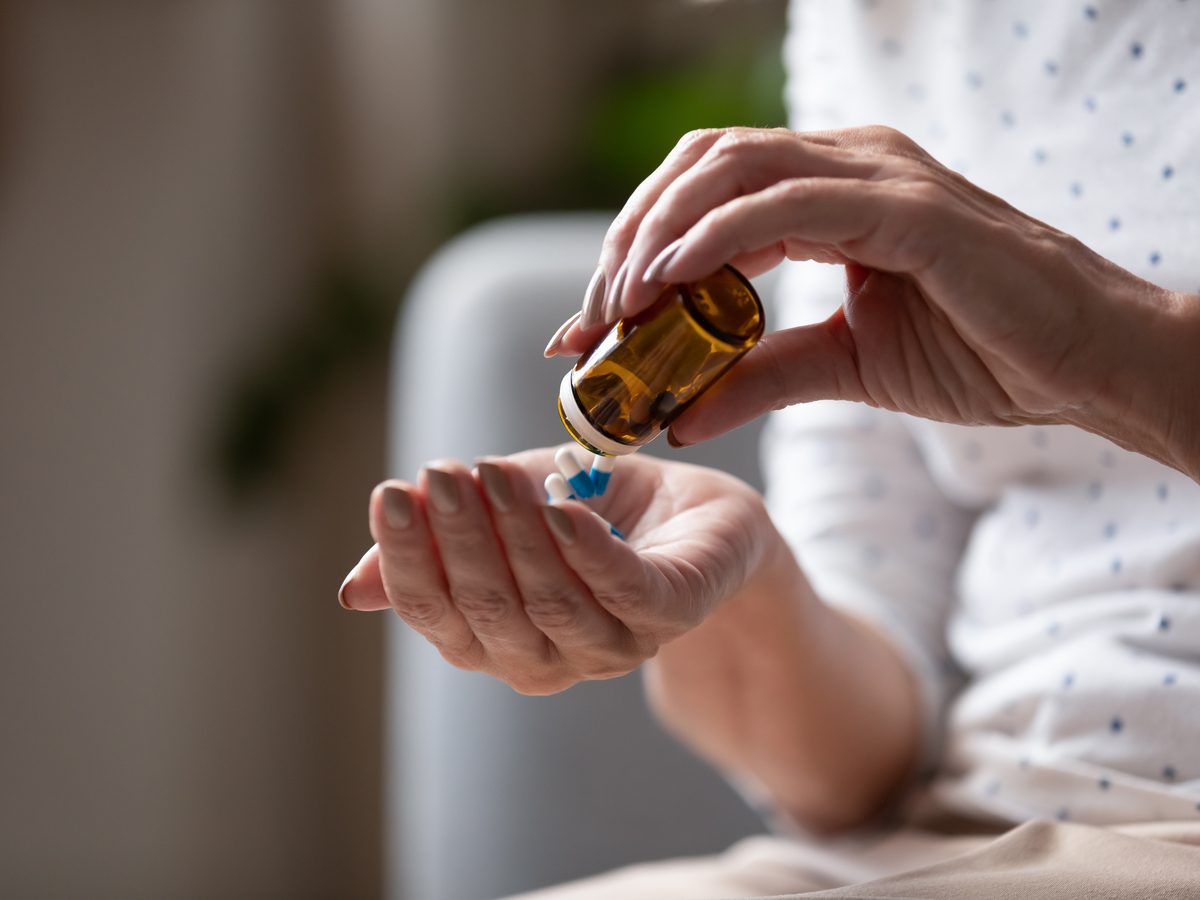
Antibiotics: 14 days not always required
The decades-long habit of overusing antibiotics has caused some bacterial species to grow resistant to our drugs. And since many doctors continue to routinely prescribe antibiotics for the traditional two weeks, scientists have been looking around for ways to replace this one-size-fits-all approach with a more custom one. For instance, Swiss doctors have shown that seven days tends to be equally effective for a common yet potentially dangerous bloodstream infection called uncomplicated gram-negative bacteremia. “What we were doing 20 years ago is probably not necessary for most infections,” says investigator Dr. Angela Huttner of Geneva University Hospitals, who urges patients to ask their doctors if they are up to date on this topic.

Frailty in old age isn’t inevitable
You don’t have to be elderly to show signs of “frailty,” the medical term for an age-related reduction in health and energy levels that makes some seniors more vulnerable to illness, injury and serious complications. In fact, in a recent Australian study, 45 per cent of participants aged 40 to 49 qualified as “pre-frail” because they already showed attributes such as weak grip strength, slow walking speed or frequent, unexplained exhaustion. If this describes you, there’s plenty you can do now to delay the course, such as improving your nutrition or taking up strength and balance exercises.
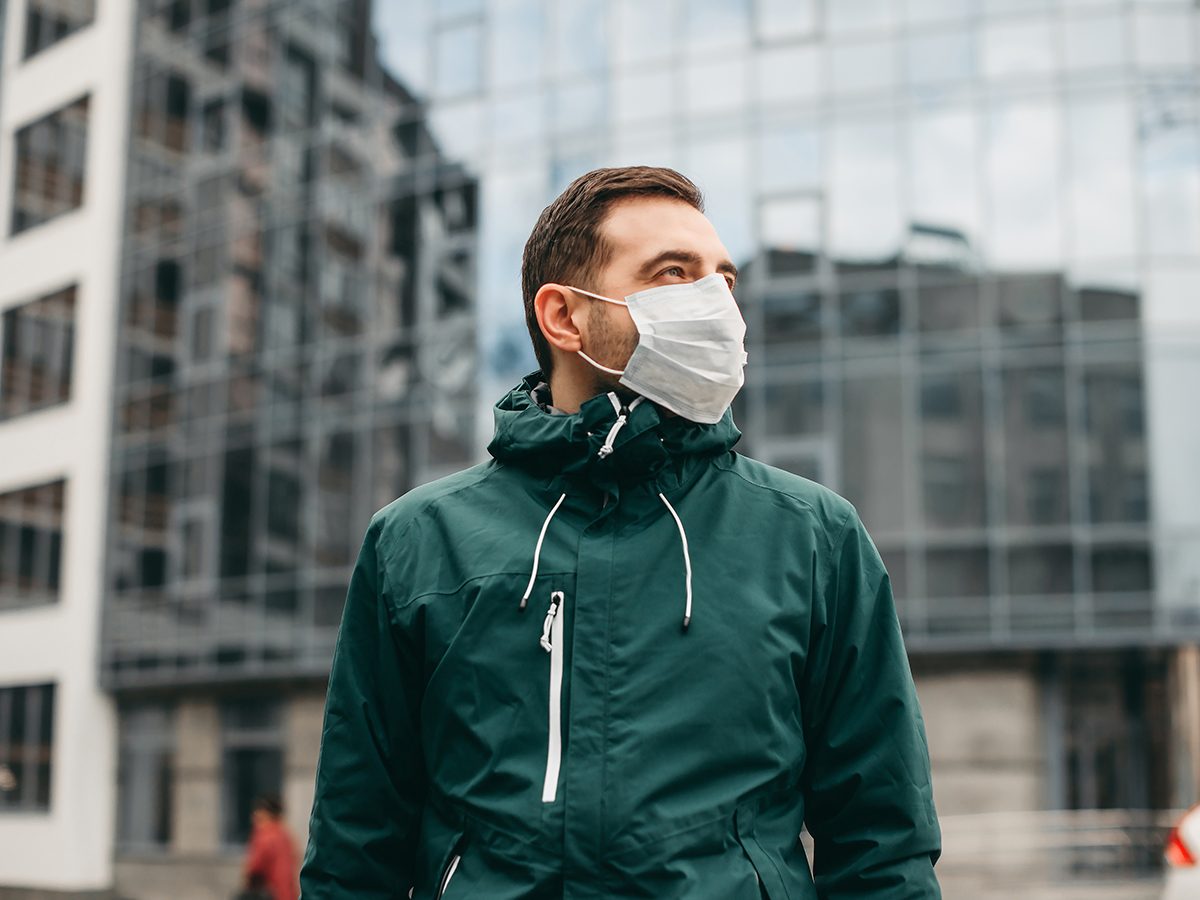
How to manage mask-related skin issues
Wearing a protective face mask for long enough to run a few errands is unlikely to cause ill effects, but if you wear one all day for your work, you may have noticed perioral dermatitis (a rash around the mouth) or a flare-up of underlying acne or eczema. Dr. Kerri Purdy, a Halifax-based dermatologist, recommends taking breaks from the mask whenever it’s safe to do so; perhaps you could head outside to a non-crowded area for a few minutes. You can also be more conscientious about cleaning your face every day, use medicated products for your specific skin condition and rinse your mask thoroughly after washing it. Purdy warns: “It can be very irritating if there’s still soap or detergent on the mask when you put it back on.”
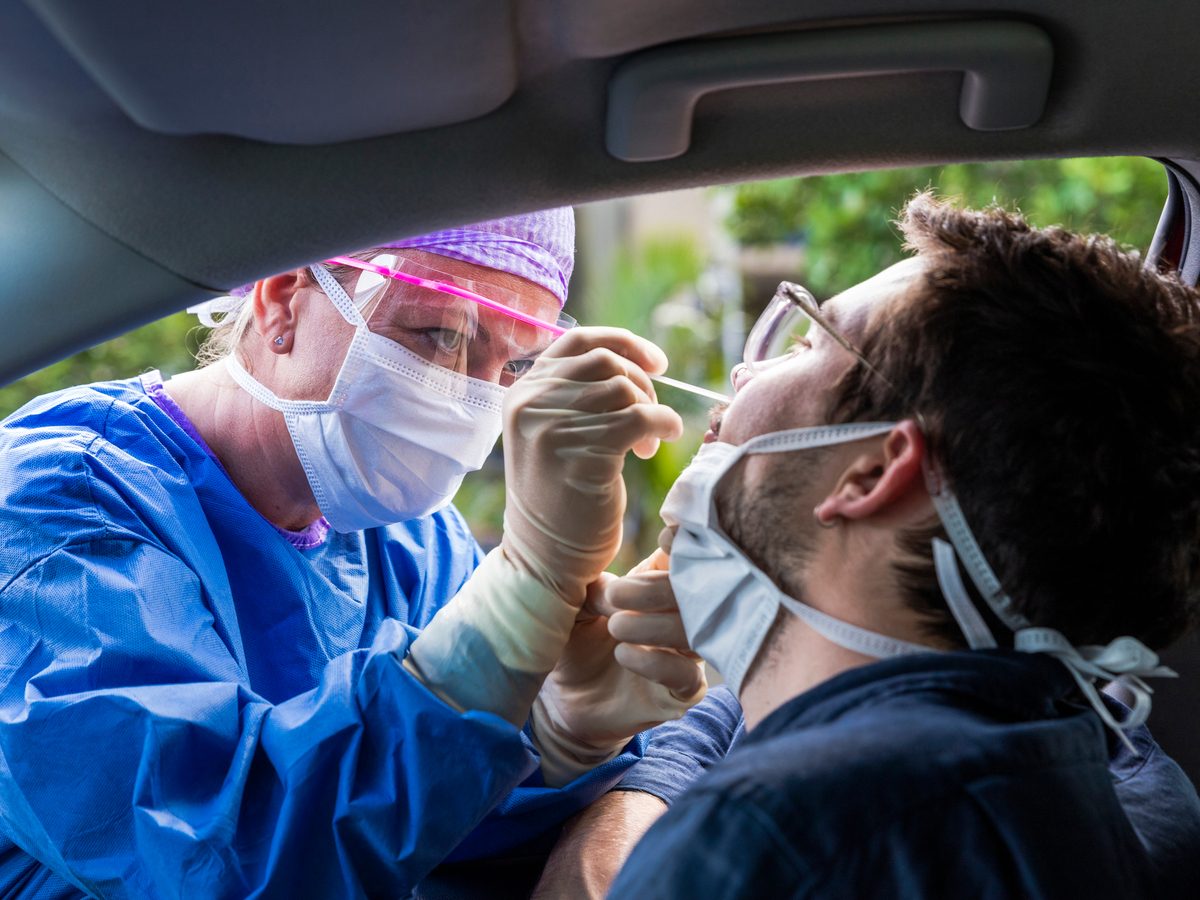
COVID-19 testing: False negatives are frequent
If you get tested for COVID-19, don’t put too much stock in a negative result. An analysis in Annals of Internal Medicine concludes that timing influences the test’s accuracy: you’re nearly certain to test negative on the same day you caught the virus, while on Day 4 of an infection, the chance of a false negative is around 67 per cent. This goes down to roughly 20 per cent on Day 8, then starts climbing back up again. That’s why even someone who’s tested negative should still self-isolate if they have symptoms of COVID-19, or if they know they’ve recently been exposed.

You can fulfill social needs without socializing
Even before physical-distancing policies put up new barriers to socializing, Elaine Paravati Harrigan, a psychologist formerly of the University at Buffalo in New York, was interested in alternative ways of filling our “social fuel tanks.” Activities such as watching a TV drama or reading a novel can satisfy social urges, according to a research paper she co-authored, because they immerse you in the social world of the characters. Another potentially effective strategy is doing something that makes you think of others. “We see this in cases such as eating chicken soup that reminds you of your mom taking care of you as a child,” Harrigan says. “Or it could be listening to a song that reminds you of your significant other.”
It’s also possible to feel connected to others via one-sided bonds with public figures. “This explains why we want to keep up with our favourite actors, or why we show loyalty and support for our favourite musical artists,” Harrigan says.
Most people rely upon a combination of real-life relationships and other strategies. “What seems to be important is that people do what works for them,” Harrigan says. You shouldn’t feel ashamed about your preferences; for example, there’s nothing unhealthy about preferring a book to a night out. “It can all be helpful for finding meaning and enjoyment in life,” Harrigan says.

Your dizziness may be curable
Around three in 10 people aged over 70 get repeatedly dizzy, which raises their risk of falling. The root cause is often benign paroxysmal positional vertigo (BPPV)—and research conducted at Södra Älvsborg Hospital in Sweden suggests that if lying down or turning over in bed are among the triggers of your dizziness, then it’s very likely that you have it. BPPV is caused by small inner-ear crystals called otoliths leaving the areas where they belong—often without any trigger—and entering other parts of the ear. Thankfully, BPPV is usually easy to remedy: the treatment is a series of movements (e.g. head turns) designed to slide stray otoliths back into their place. A doctor can help you perform them. With any luck, dizziness will no longer threaten your balance after that.
Learn about the medical conditions that could be making you dizzy.
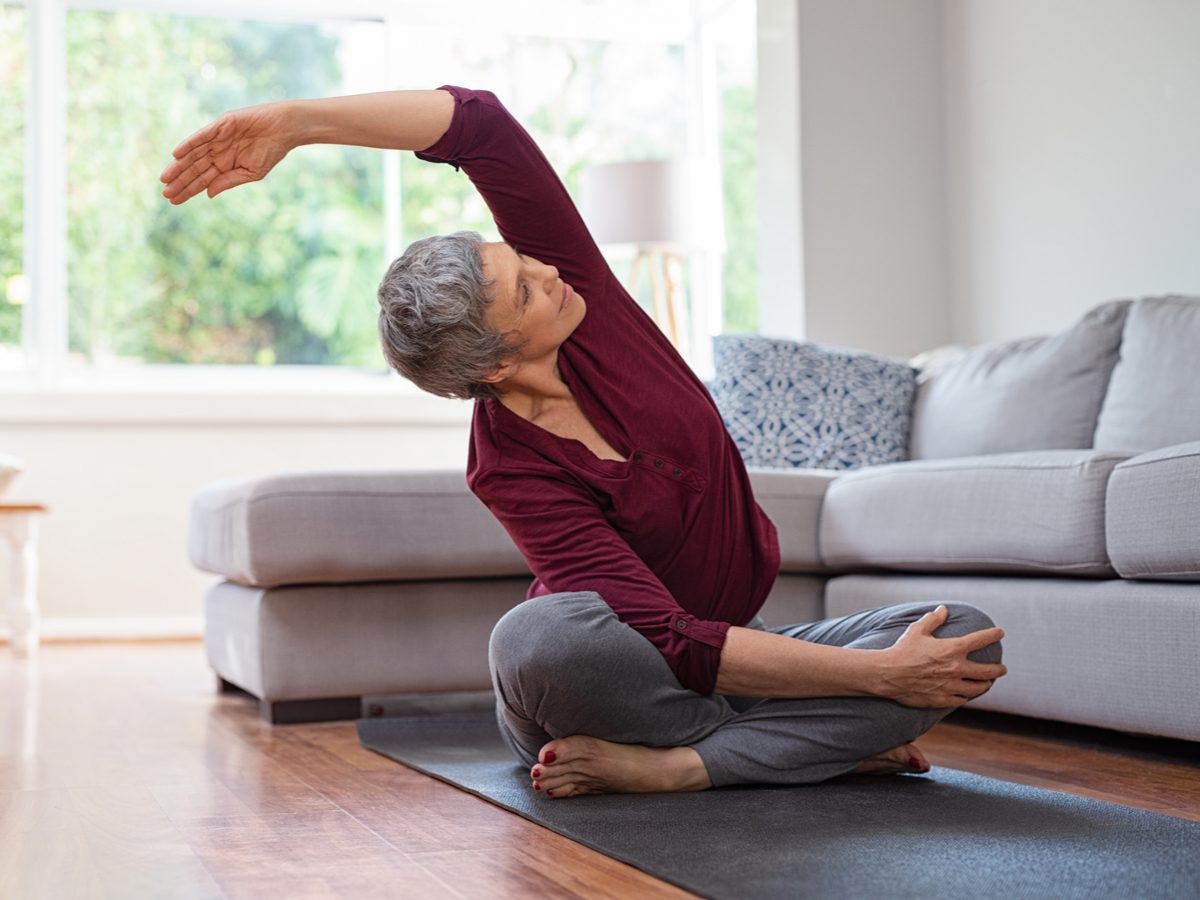
Exercise is crucial in the COVID-19 era
Even as the COVID-19 pandemic puts limits on where we can go, physical activity remains as important as ever—if not more so, according to Exercise and Sports Science Australia. Scientific evidence suggests that getting your body moving supports the immune system; for instance, a 2018 British study found that older amateur cyclists had higher T-cell counts than their sedentary peers. Physical activity can also boost mental health during this difficult time. Exercising at home or outdoors are great options. If you’re considering hitting the gym, you might first want to find out what physical distancing and sanitation protocols are in place. Of course, if you suspect you have COVID-19, you should take a break from exercise and rest—and isolate yourself—until you recover.
Surprise—these household items double as fitness equipment!
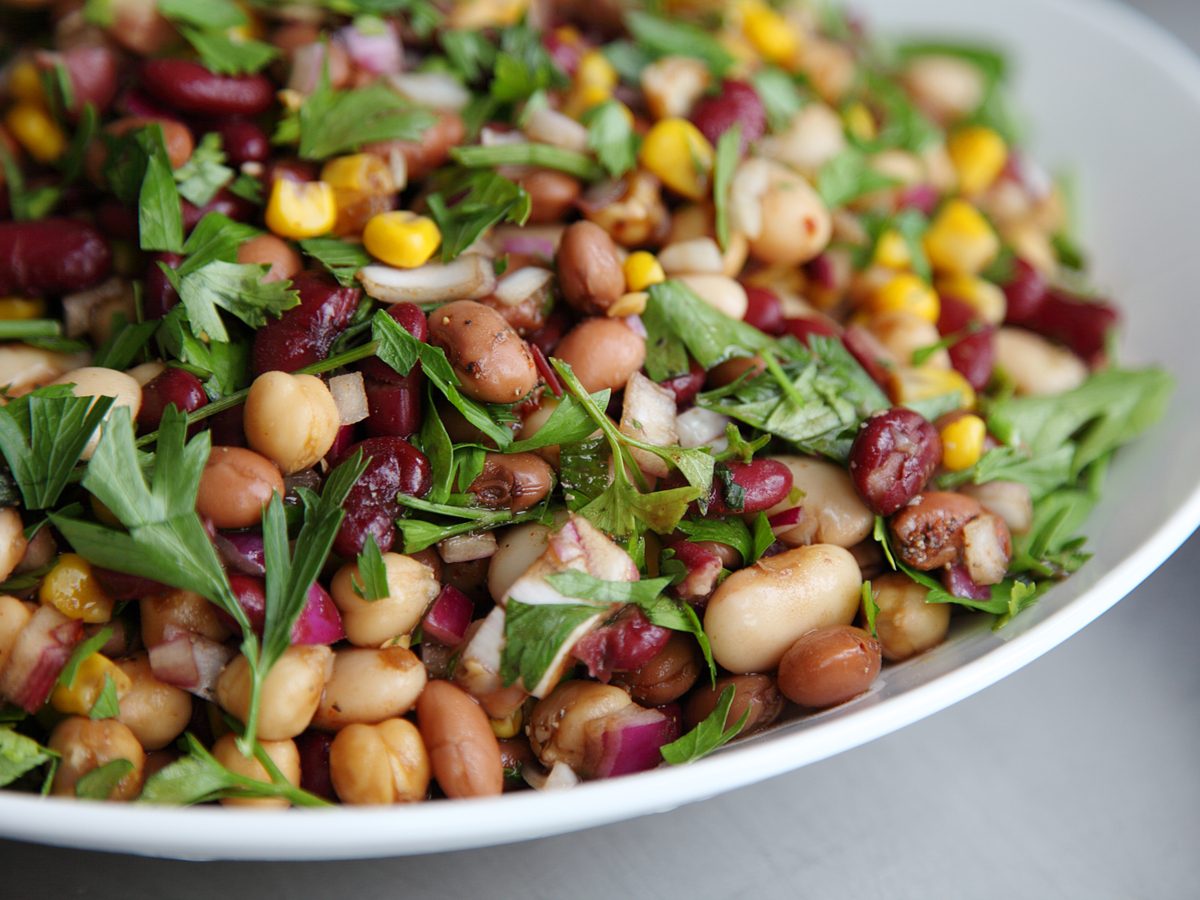
Fight age-related muscle loss with protein at each meal
When you eat protein (beans, meat or nuts, for example), you stimulate muscle protein synthesis (MPS), the body’s process for building and repairing muscle. This process grows less efficient as you age, which can contribute to a loss of muscle mass, strength and ability—especially if protein intake isn’t spread out over the course of the day. In a British study of dietary habits, most of the participating seniors reached the daily recommended allowance: at least 0.8 grams of protein per kilogram of body weight. However, they tended to consume around three-quarters of it at dinnertime. If your habits are similar, you might be able to maintain more muscle mass by including protein in all meals, thus stimulating MPS more consistently.
Watch out for these signs you’re not eating enough protein.
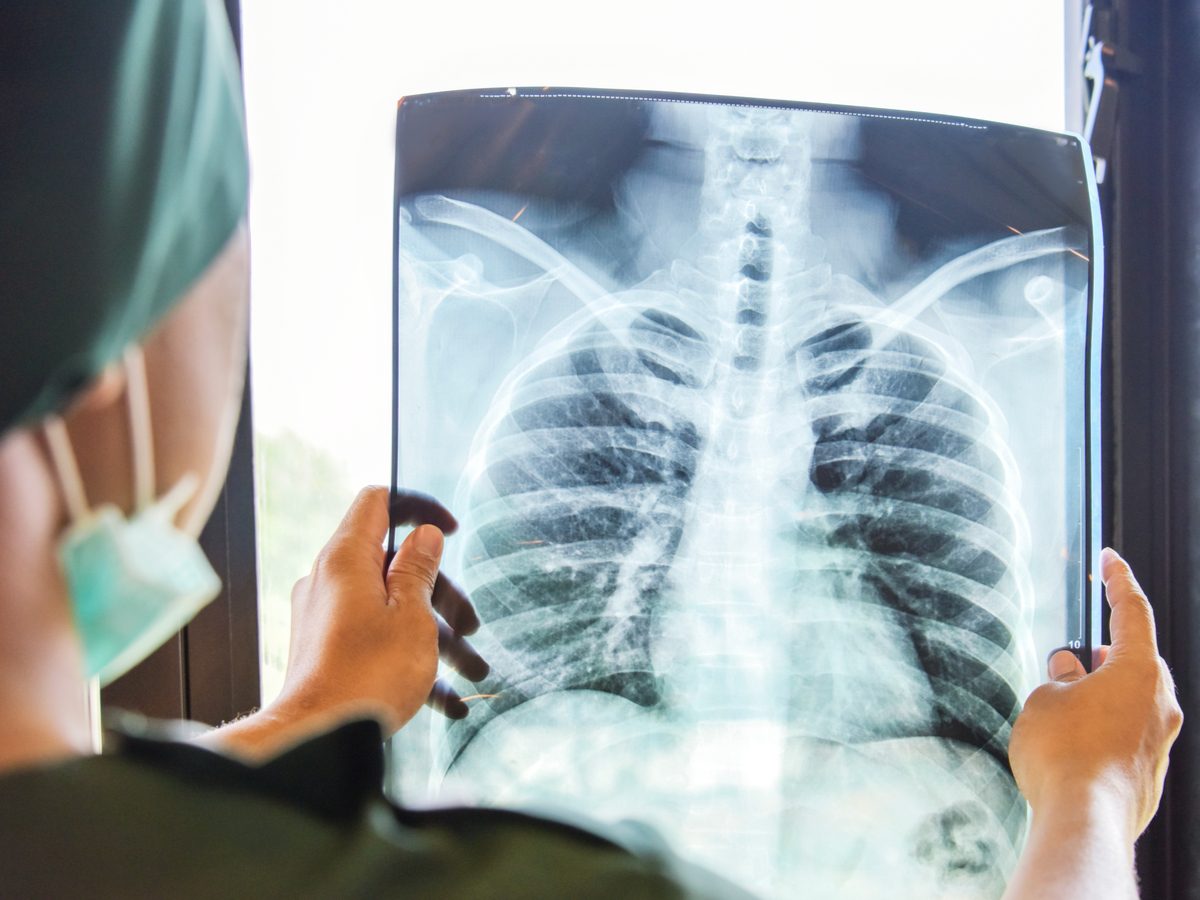
Scientists in a race to calm cytokine storms
For some sufferers, the immune system overreacts to COVID-19 in a way that severely damages the lungs. This life-threatening complication is known as a “cytokine storm” because it involves an excess of proteins called cytokines. Several methods for treating this reaction are being explored. For instance, a team at the Massachusetts Institute of Technology is looking into whether it’s possible to “soak up” extra cytokines by injecting the bloodstream with proteins that bind with them. Other researchers have shown that dexamethasone, a drug usually used to reduce inflammation, increases the survival rate among critically ill COVID-19 patients who are struggling to breathe. This is presumably because it curbs the body’s over-the-top defences.
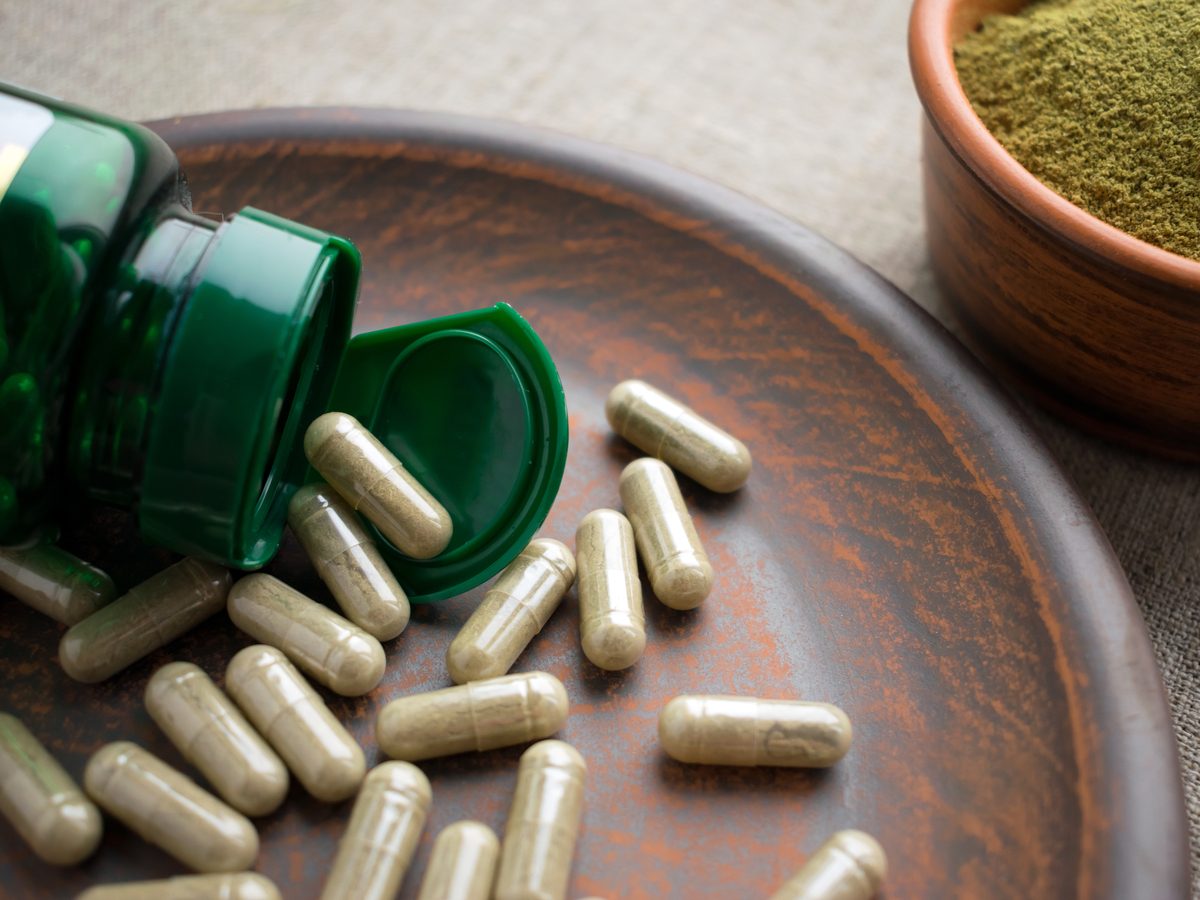
Herbal medicines for weight loss: No good evidence
Green tea extract, garcinia cambogia and African mango are just some of the many herbal medicines and supplements marketed for weight loss around the world. Companies are usually allowed to sell them without having to demonstrate that they work. Researchers from Sydney, Australia, reviewed all of the randomized controlled trials putting such claims to the test that they could find. They found no reliable evidence that these herbal products had an impact on weight management, despite their popularity. (In the United States, for example, around 15 per cent of adults have tried a weight-loss supplement.) Consulting with a health-care professional, such as a doctor or a dietitian, would be a better bet.
Learn how to keep a special diet balanced.
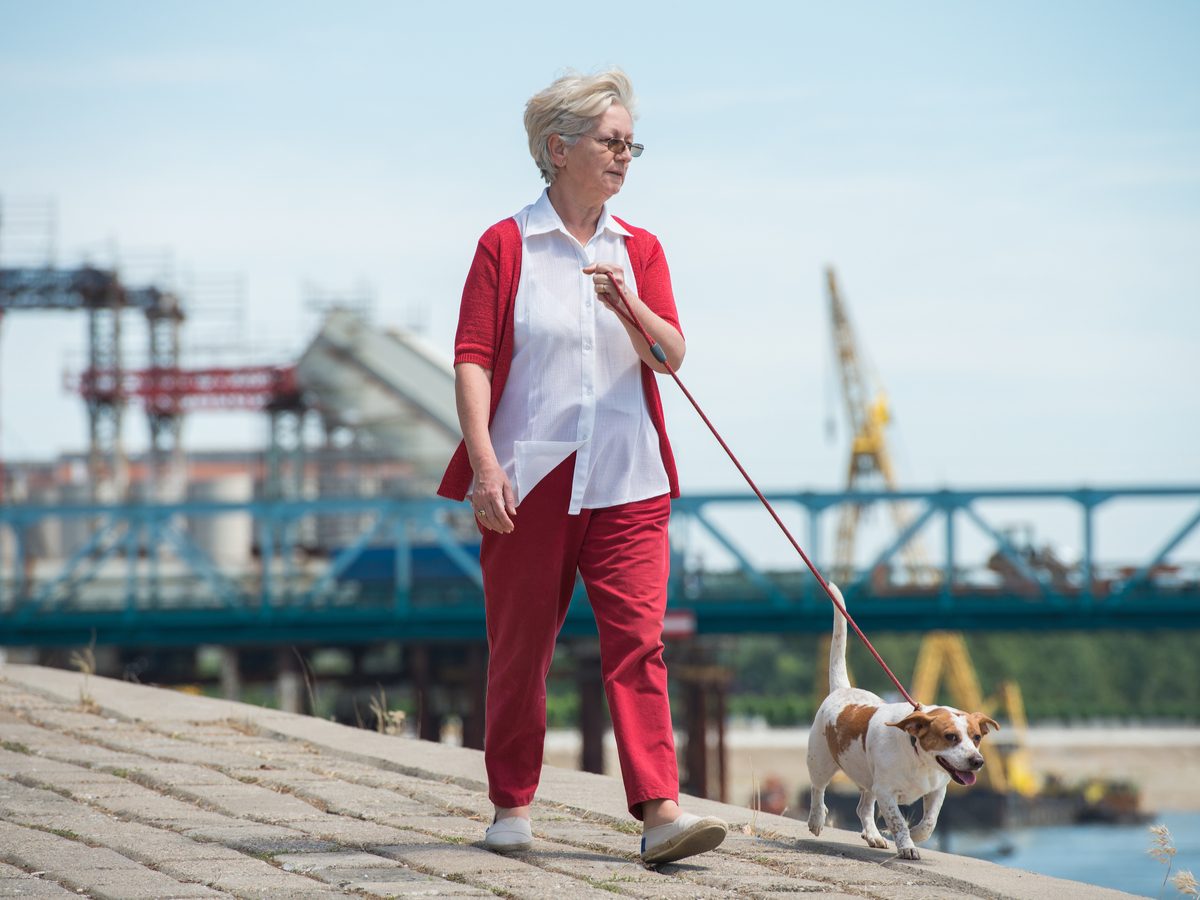
Attitudes toward aging may affect cancer survival
It may sound like magical thinking to say that your beliefs and feelings about getting older can influence your longevity. However, evidence is mounting that self-perception of aging (SPA) is among the many factors that play a role in physical health. A widely posited theory says that seniors who’ve internalized negative age stereotypes are more stressed, less likely to maintain healthy habits (such as exercising or seeking medical care at the first sign of a problem) and more likely to have low expectations of themselves.
A recent study asked if SPA would influence mortality among people over 65 with cancer that hadn’t yet spread from its original site. After controlling for other variables, participants with a negative SPA were 3.62 times more likely to die before the six-year study’s end, compared to those who thought more positively about their aging. “I think [views on aging] could influence the will to live,” speculates lead author and psychologist Sarah Schroyen from the University of Liège in Belgium. “Maybe people with a more negative SPA are less inclined to strictly follow treatment recommendations.”
If you’d like to improve your SPA, Schroyen says it might be possible using strategies such as spending meaningful time with younger people, focusing on what matters to you (such as personal interests, family, the natural world or helping others) or intentionally thinking in ways that oppose age stereotypes.
The fountain of youth isn’t a myth—you can actually slow down the aging process with these lifestyle choices.
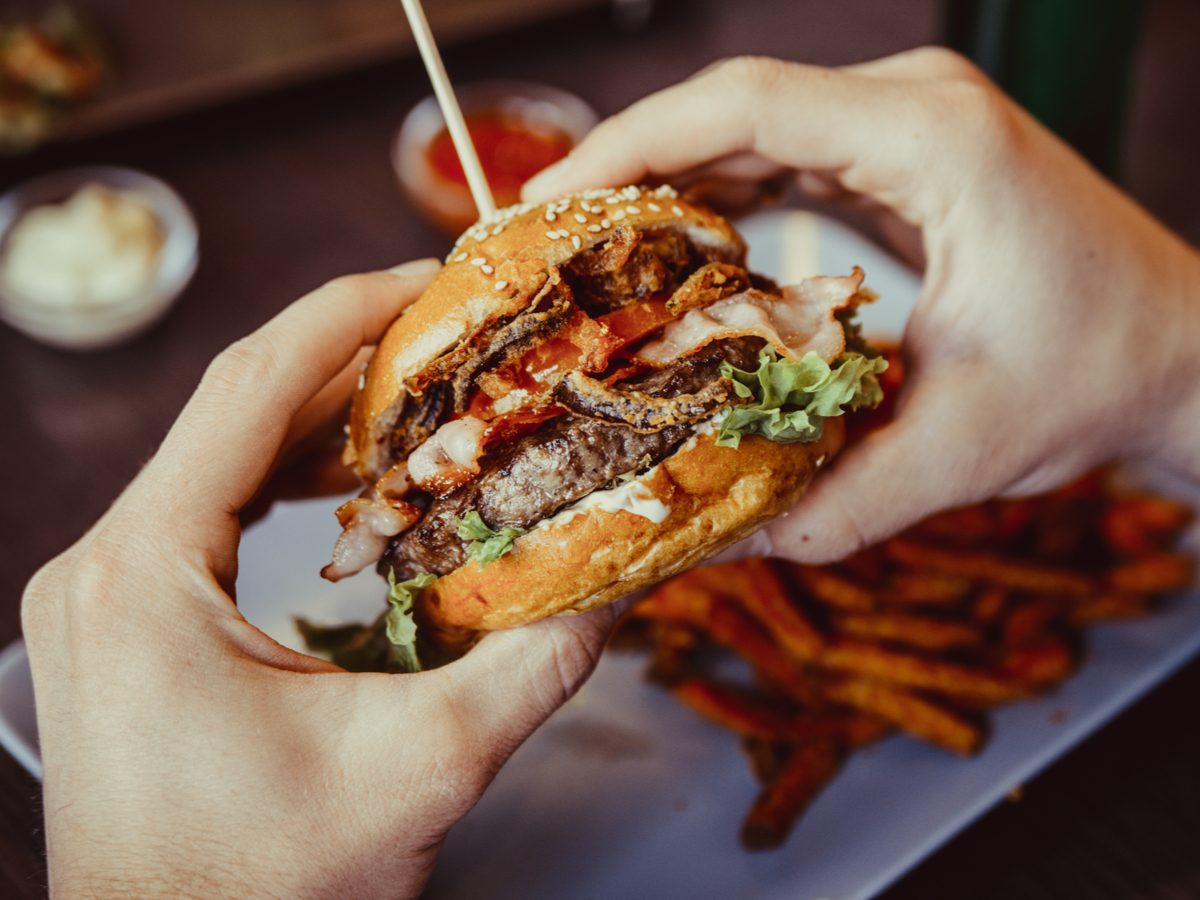
High-salt diets and the immune system
Hypertension is the best-known risk of consuming too much salt, but it isn’t the only one. For an experiment, healthy volunteers in Germany added six extra grams of salt to their usual daily intake for a week. This is roughly equivalent to what you’d find in two fast-food meals. At week’s end, tests revealed increased levels of hormones called glucocorticoids in participants’ blood. These hormones help keep inflammation in check, but in excess, they can inhibit the immune system’s ability to attack harmful bacteria. The World Health Organization recommends keeping salt intake under five grams per day. The researchers said this may be particularly good advice when you’re dealing with a bacterial problem, including listeria food poisoning or a urinary tract infection.
Concerned about your salt intake? Consider adding these low-sodium foods to your grocery list.

Meet you at the memory café
When a person shows symptoms of dementia in public, others around them may not know how to react. As a result, many people living with dementia withdraw from society, along with their caregivers. To help them feel less isolated and stigmatized, hundreds of memory cafés have opened up around the world—non-judgmental places where families affected by dementia can meet. Each memory café is a bit different, but they typically offer games, music, snacks and opportunities to share stories. Their main goals are to provide enjoyment and boost social support—for both the person with dementia and the caregivers who share their lives.
Adopt these habits to reduce your risk of dementia.
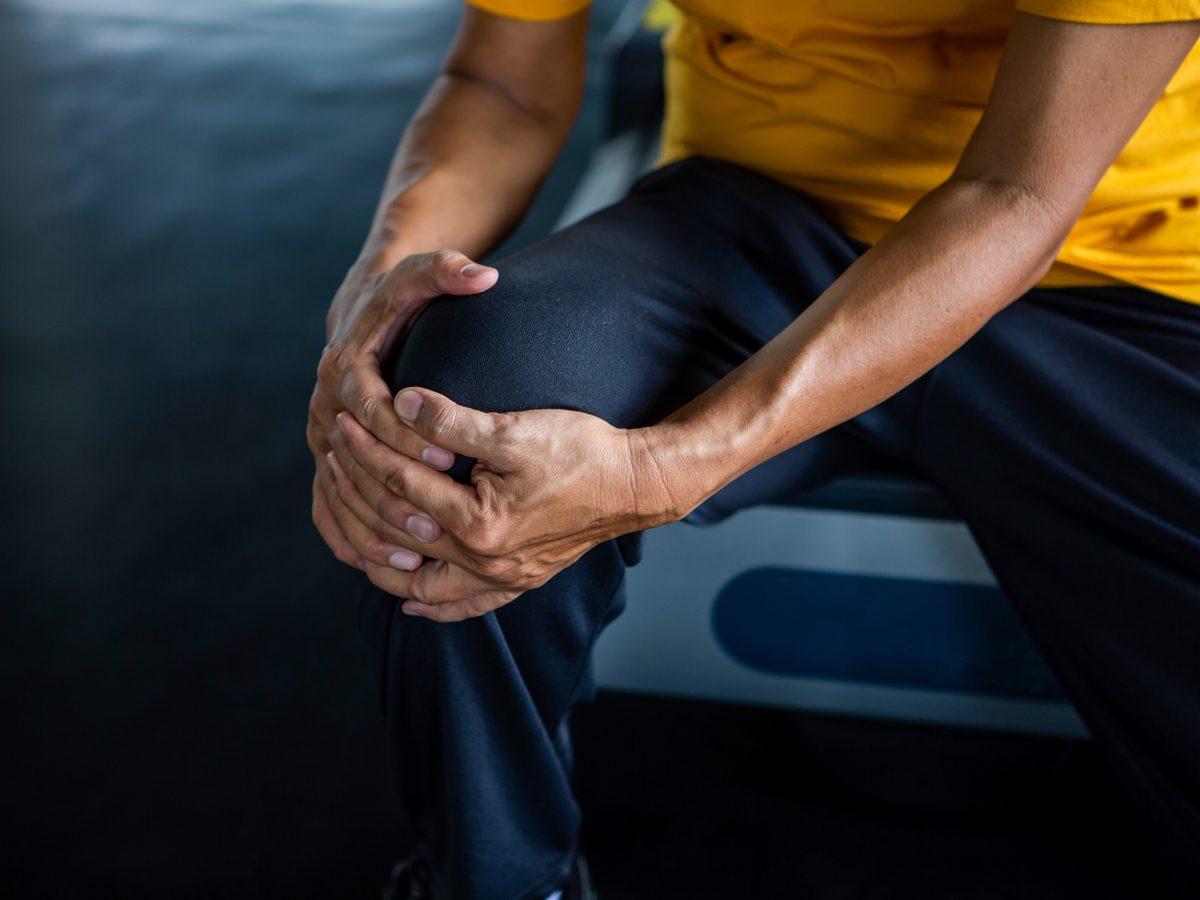
Osteoarthritis: There’s an app for that
The first-line treatments for osteoarthritis (OA) include tailored exercise, which can strengthen the muscles around the affected joint, enhance its functioning and reduce pain. However, frequent visits with a physiotherapist can be inconvenient for OA patients.
A Swedish trial investigated whether the same kind of guidance could be provided online. After six months of using an app called Joint Academy, OA sufferers improved their mobility and cut their pain almost in half, on average. “The app’s program is delivered in a structured way on a daily basis, supported by a physiotherapist,” explains researcher Håkan Nero of Lund University. The app’s US$89 per month cost is sometimes covered by public and private health insurance.

Erratic sleep-wake patterns raise heart disease risk
Having established that the amount of sleep you get makes a difference to your health, scientists are now looking at the effects of sleep timing. In a study of Americans over age 45, the participants without a usual bedtime and wake time were nearly twice as likely to develop cardiovascular disease, compared to people who more or less stuck to a schedule, even on weekends. An irregular sleep pattern remained a significant risk factor even after the researchers accounted for other influences, such as the average number of hours slept. Harmful disturbances to the body’s circadian rhythm may help to explain this apparent link.
Find the best sleeping position for you and get the rest you need.

Healthier mouth, healthier body
In a recent study of over 185,000 Koreans, tooth brushing at least three times per day was associated with a lower risk of developing diabetes. This could be more than a coincidence, since gum disease involves long-term inflammation, which is known to increase insulin resistance. Previous studies have connected poor dental health to other inflammation-related problems, including heart attack and stroke. Besides brushing and flossing every day, you can also reduce your risk of serious diseases by visiting the dentist as regularly as you can.
Here are the signs of disease your teeth can reveal.
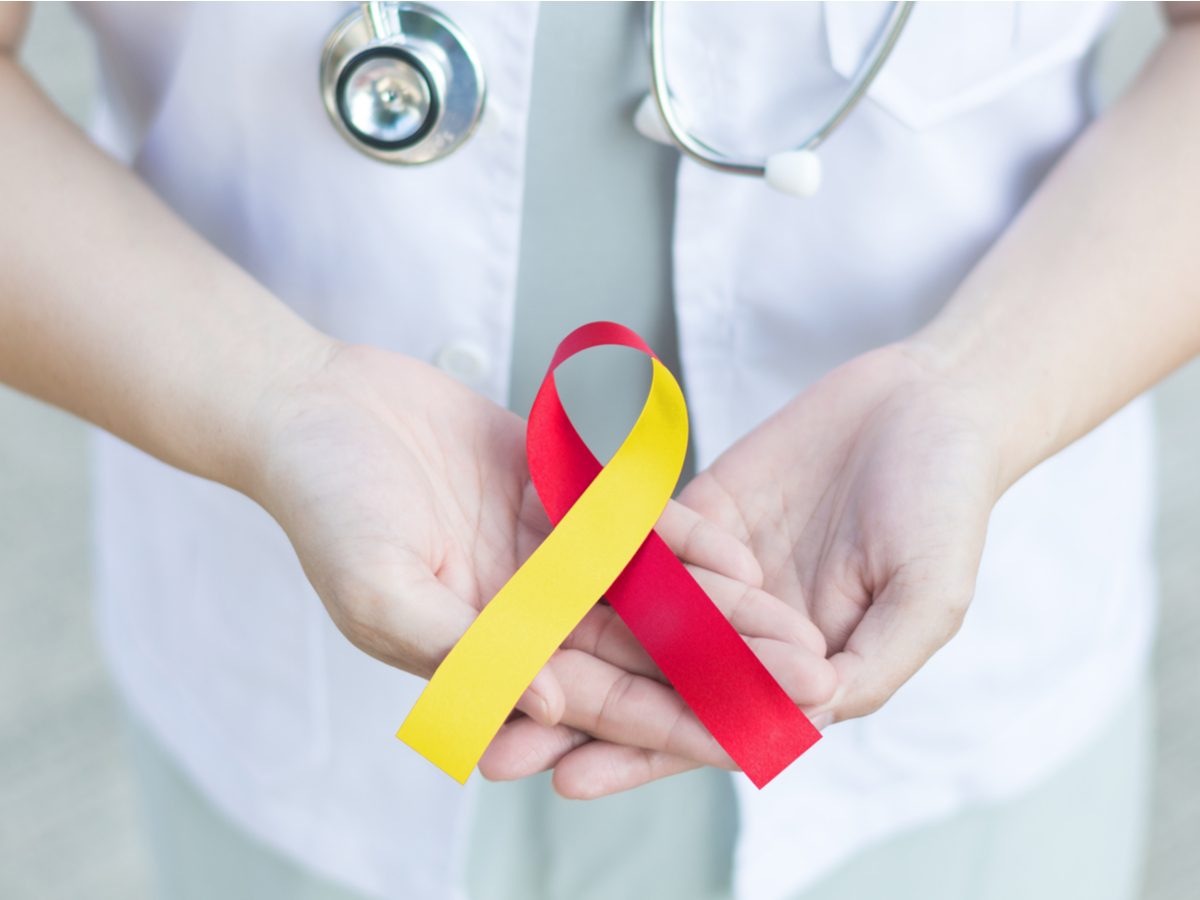
Who should get tested for Hepatitis C?
Hepatitis C is a liver infection that often goes undetected for years, until serious complications such as liver scarring arise. The U.S. Preventive Services Task Force recently recommended hep-C screening for everyone aged 18 to 79, given that medication now exists to offer a safe and quick cure. The Canadian Association for the Study of the Liver suggests a one-time test for people born between 1946 and 1975. Meanwhile, the European Centre for Disease Prevention and Control is focused on the highest-risk groups, such as people who received blood transfusions, organs or underwent surgery before hep-C safety regulations were enforced in their countries. Regardless of where you live, you can request testing if you think you’re at risk.

Lessons in happiness
There are plenty of classes claiming they can make you happier, but few are backed up by the gold standard of evidence: a randomized controlled trial. Investigators from the London School of Economics conducted such a study for an eight-week curriculum called Exploring What Matters, developed by the international charity Action for Happiness. The course’s themes, which are rooted in positive psychology studies, include how to foster good relationships, cope with adversity, make the workplace happier and build caring communities.
The trial looked at 146 people who’d registered for the course. For the participants who completed it, self-rated life satisfaction rose from an average of 6.4 out of 10 before the course to 7.4 afterwards. This one-point increase is bigger than what happiness researchers usually measure when an unemployed person finds a job or a single person enters a new relationship. The course participants also reduced their anxiety and depression, going from mild to minimal symptoms, on average.
The course is run by volunteers, and anyone can sign up on Action for Happiness’s website to learn how to offer it in their own cities. Participants pay by donating what they can afford, making it financially accessible to all. So far, over 6,000 people in 250 locations around the world have tried it out.
Happiness can be hard to come by. From owning a dog to wearing sunglasses, these tips can boost your mood—and your well-being.
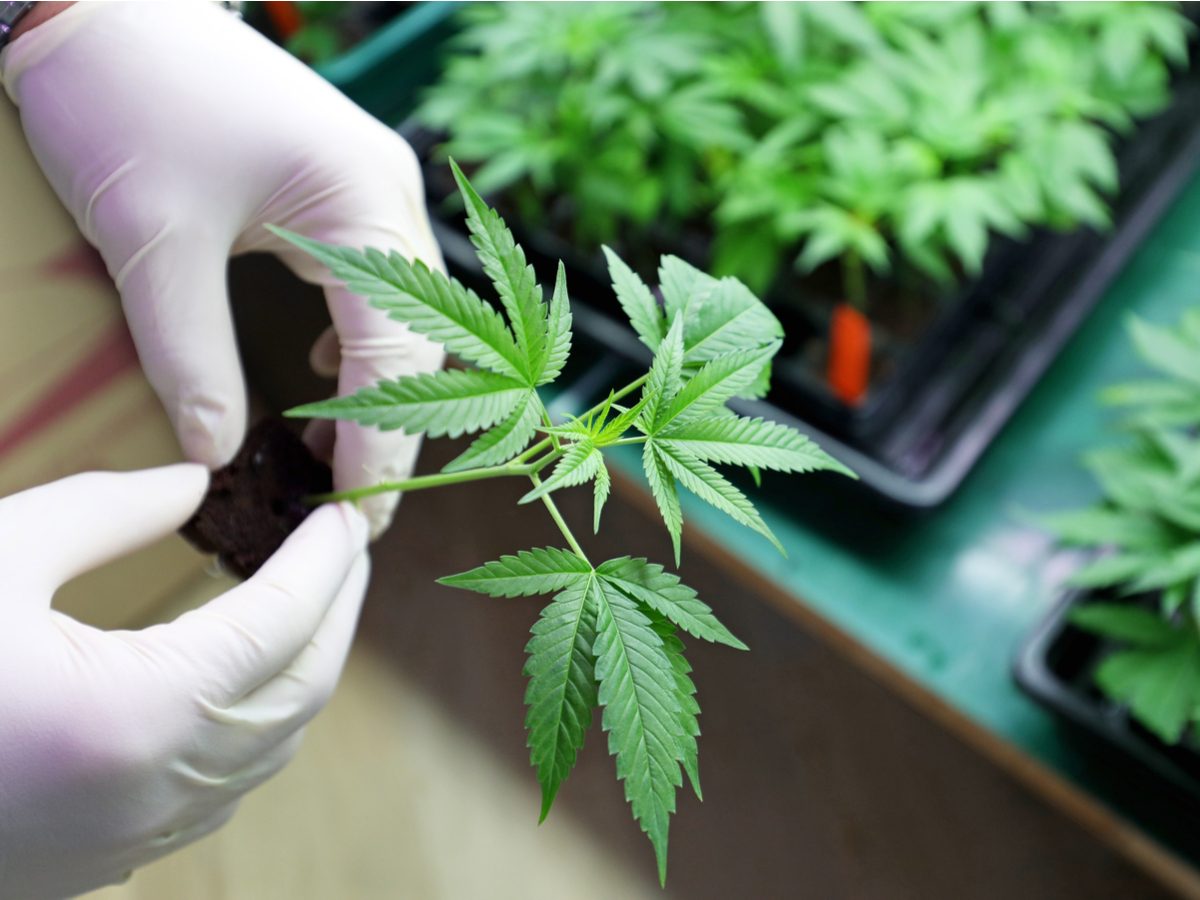
Cannabis might interact with your meds
Cannabis use is on the rise among seniors, the majority of whom are also on prescriptions. (In 2019, seven per cent of Canadians over 65 reported recent cannabis use, compared to less than one per cent in 2012.) “If you take cannabis—or are considering taking it—have a conversation with your pharmacist or doctor about the risk of interactions,” advises Tony Antoniou, co-author of a Canadian Medical Association Journal report. It warns that cannabis could affect how you metabolize some drugs, making them too strong or too weak. For instance, it might dangerously increase the effects of warfarin (a blood thinner). And certain drugs, such as ketoconazole (used for fungal infections), could make cannabis’s effects more potent than intended.
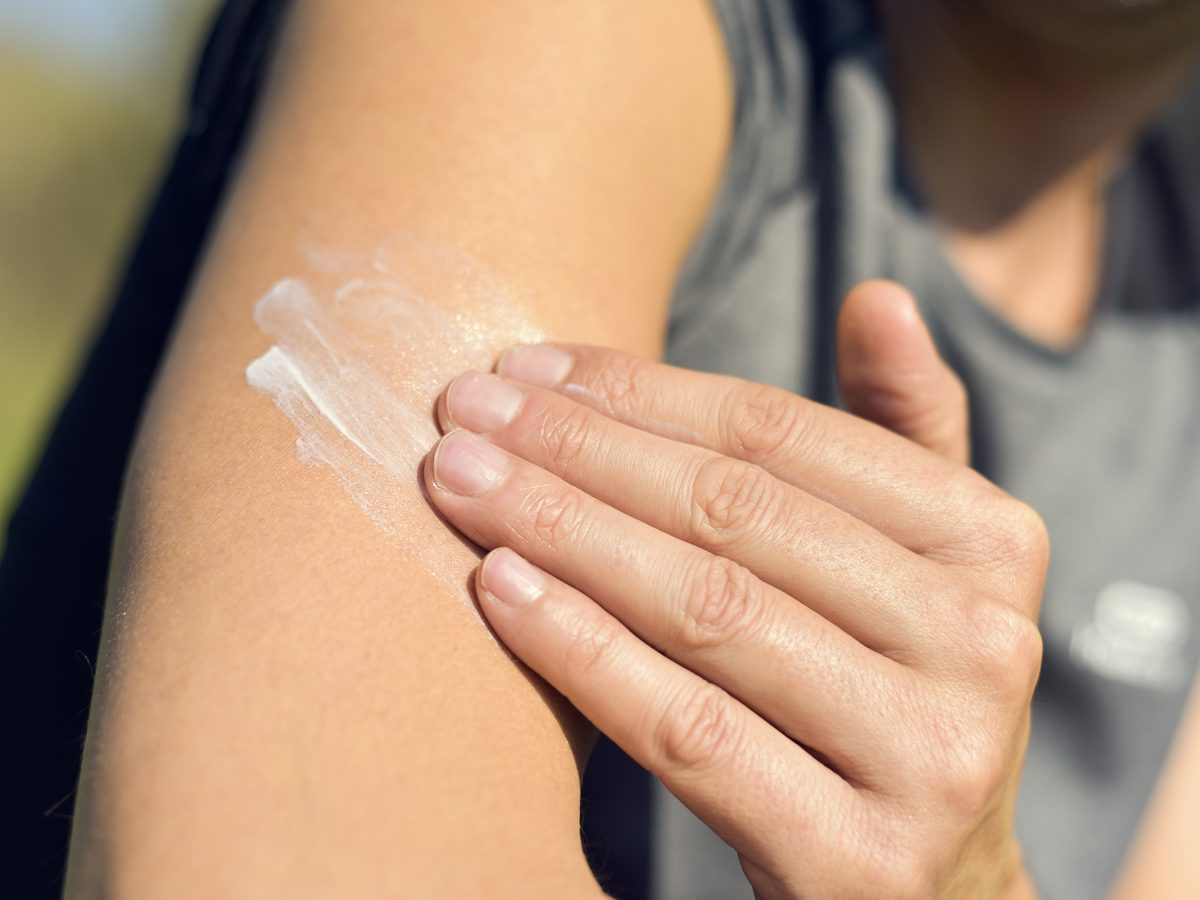
The problem with homemade sunscreens
While it may sound like a fun project that’ll help you better control what goes on your skin, making your own sunscreen can leave you burned. American public-health researchers collected a random sample of 189 Pinterest pins promoting DIY sunscreen. Despite the posts’ claims, the great majority of the recipes would not offer adequate protection against ultraviolet rays. Coconut oil, their most commonly featured ingredient, has been shown to offer an SPF (sun protection factor) of only 1 to 7—not nearly enough to prevent skin cancer. Commercial sunscreens, which are regulated for efficacy and safety, are a more surefire bet.
Considering a detox of your entire grooming routine? Find out what it’s like switching to natural deodorant.
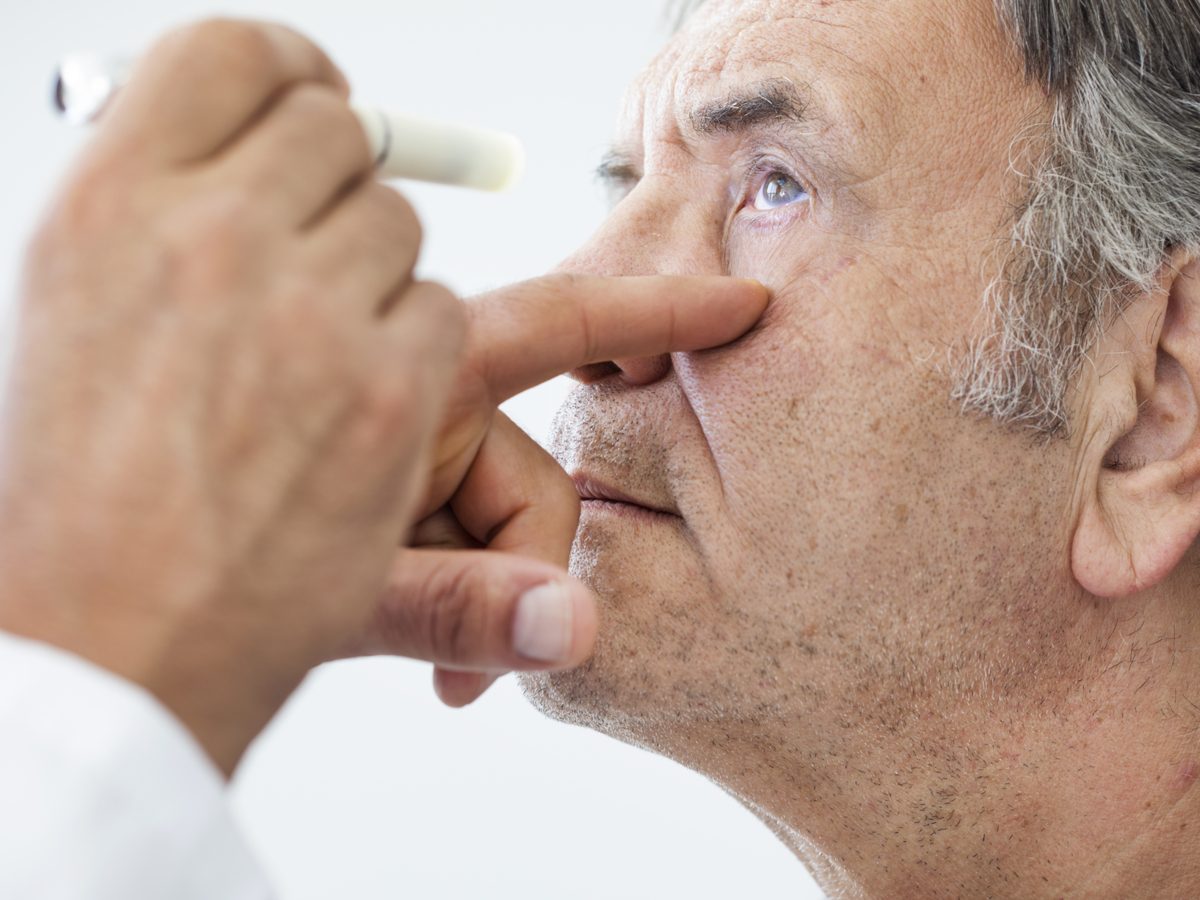
Many seniors overestimate how well they can see
Vision decline can sneak up on you so gradually that you don’t notice it. That probably explains why 61.5 per cent of the Swedish seniors who got an eye exam for an Acta Ophthalmologica study hadn’t realized they’d be able to see better by starting to wear glasses or by changing the strength of their existing prescription. Participants tended to know their vision was sub-optimal if there was a problem with their contrast sensitivity (their ability to distinguish between an object and its background) but most of the seniors with impaired visual acuity (sharpness of vision) reported that they had good sight. The lesson: even if you don’t think your vision is deteriorating, you could still benefit from visiting the optometrist regularly as you get older.
To keep your peepers healthy, make sure to follow these eye care tips from Canadian optometrists.
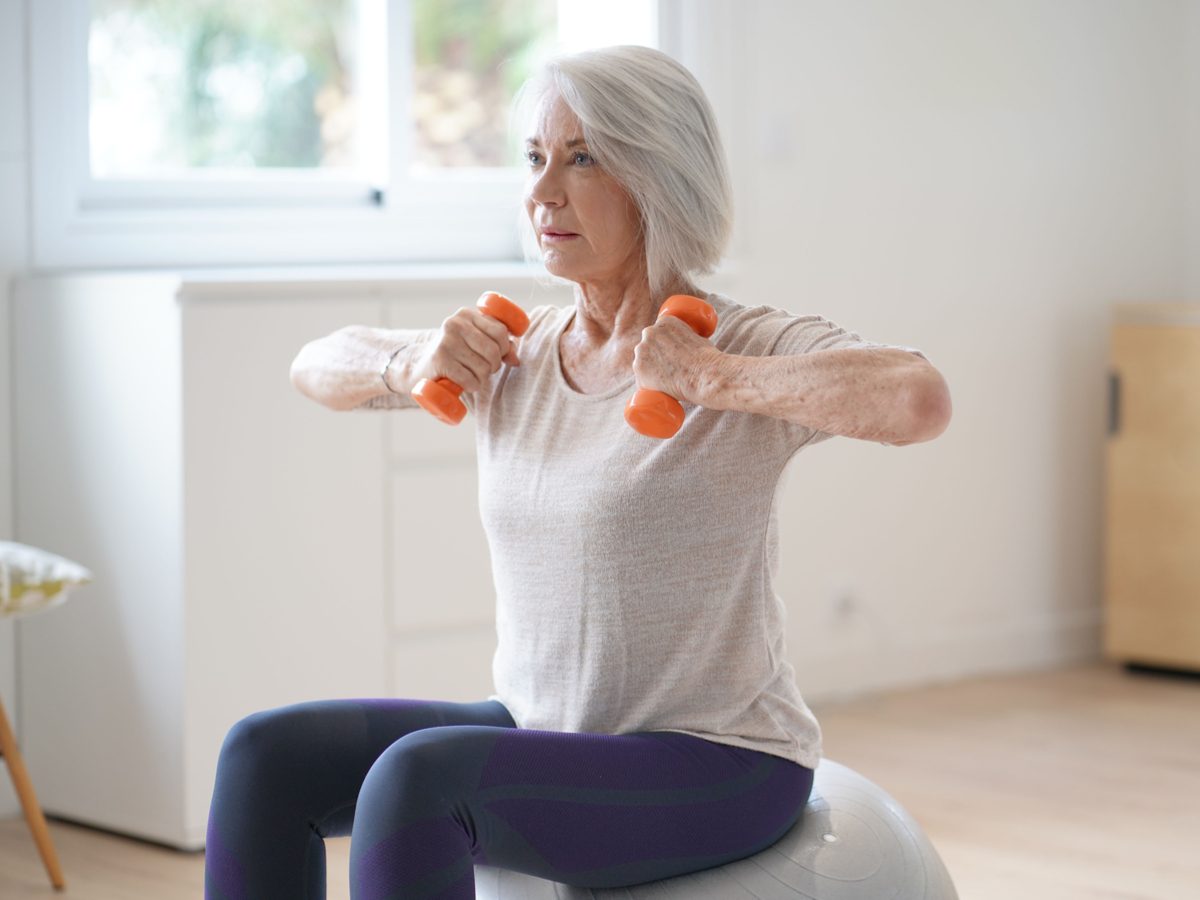
Don’t make pills an excuse to drop good habits
A healthy lifestyle is key to managing your cardiovascular risk, even if you’re also taking medication for it. As a Finnish study that followed over 40,000 people for four years showed, it can be tempting to substitute one for the other. The subjects who started preventative prescriptions for heart issues were more likely to cut back on exercise and gain extra pounds. Obesity and physical inactivity both tend to make it so that you need higher doses of drugs—increasing adverse side effects in the process. What’s more, “Even if medication helps patients decrease their risk of cardiovascular events,” says lead researcher Maarit Korhonen, “their risk of other health problems—cancer, diabetes and so on—may still increase.”

Alarm clock sounds may affect morning grogginess
The drowsy, still-half-asleep feeling that can last up to a few hours after waking is known medically as “sleep inertia.” Not only is it unpleasant, it can impact your work performance and put you in danger if you need to drive a car. Research from RMIT University in Australia asked whether the sound you use to awaken might influence how alert or groggy you feel. Participants who used melodic alarms (for example, the Beach Boys’ “Good Vibrations”) reported less sleep inertia, compared to beeping, buzzing and other unmusical noises.
Find out the best time to wake up to be more productive.

A popular muscle relaxant can cause disorientation
Commonly prescribed for muscle pain and heartburn, the drug baclofen can build up in your body and make you feel confused if your kidneys aren’t efficient at filtering it out. Roughly a fifth of seniors live with kidney function of less than 60 per cent. In a study from Western University in London, Ont., this group had a 1.11 per cent chance of being hospitalized for severe confusion shortly after starting a high dose of baclofen (20 milligrams per day or more). For seniors with the lowest kidney function, the odds were one in 26. If anyone experienced milder effects that didn’t land them in the hospital, they weren’t recorded. Bottom line: You and your physician should take your age and kidney health into account when considering this drug.

A new treatment for a dangerous infection
As an ever-growing health threat, drug-resistant bacteria are forcing medical scientists to look for new ways of treating infections. For example, a growing proportion of people with cystic fibrosis are getting an opportunistic bacterial infection called Mycobacterium abscessus, which can speed up lung-function decline and even lead to death. These bacteria can also be a scary problem for people with other lung conditions, such as bronchiectasis and chronic obstructive pulmonary disorder. Resistant to many antibiotics, M. abscessus is very hard to eradicate. The current treatment, an aggressive antibiotic regimen that can bring serious side effects such as hearing loss, hasn’t always worked. However, a new combination of existing antibiotics might just do the trick.
A team of British researchers mixed amoxicillin with imipenem-relebactam. This combination reliably killed off M. abscessus in the lab, using doses that should be safe for patients. Their next goal is to try it out in real life. If you’re struggling to beat this infection, “It’s worth discussing our findings with your doctor,” says co-author Jonathan Cox of Aston University in Birmingham. Bacterial samples from your body should be pre-screened before going ahead with the new combination, to make sure they’re susceptible to the antibiotics.

When summer is SAD
Seasonal affective disorder (depression linked to the time of year, the light and the weather) is common during the winter months. But for some people, it’s summertime that brings symptoms, which can include low mood, anxiety, agitation, poor appetite and insomnia. Scientists aren’t certain about the causes of summer SAD. It could be brought on by excessive heat and long days that throw off your circadian rhythms. A peer-reviewed study recently offered evidence for an additional possibility: sufferers reported their mood worsening on days with a high pollen count, suggesting that allergen exposure may play a role. If you have summer SAD, antidepressants, talk therapy, allergy treatment or keeping a regular sleep schedule could all help.
Here’s what you need to know about high-functioning depression.
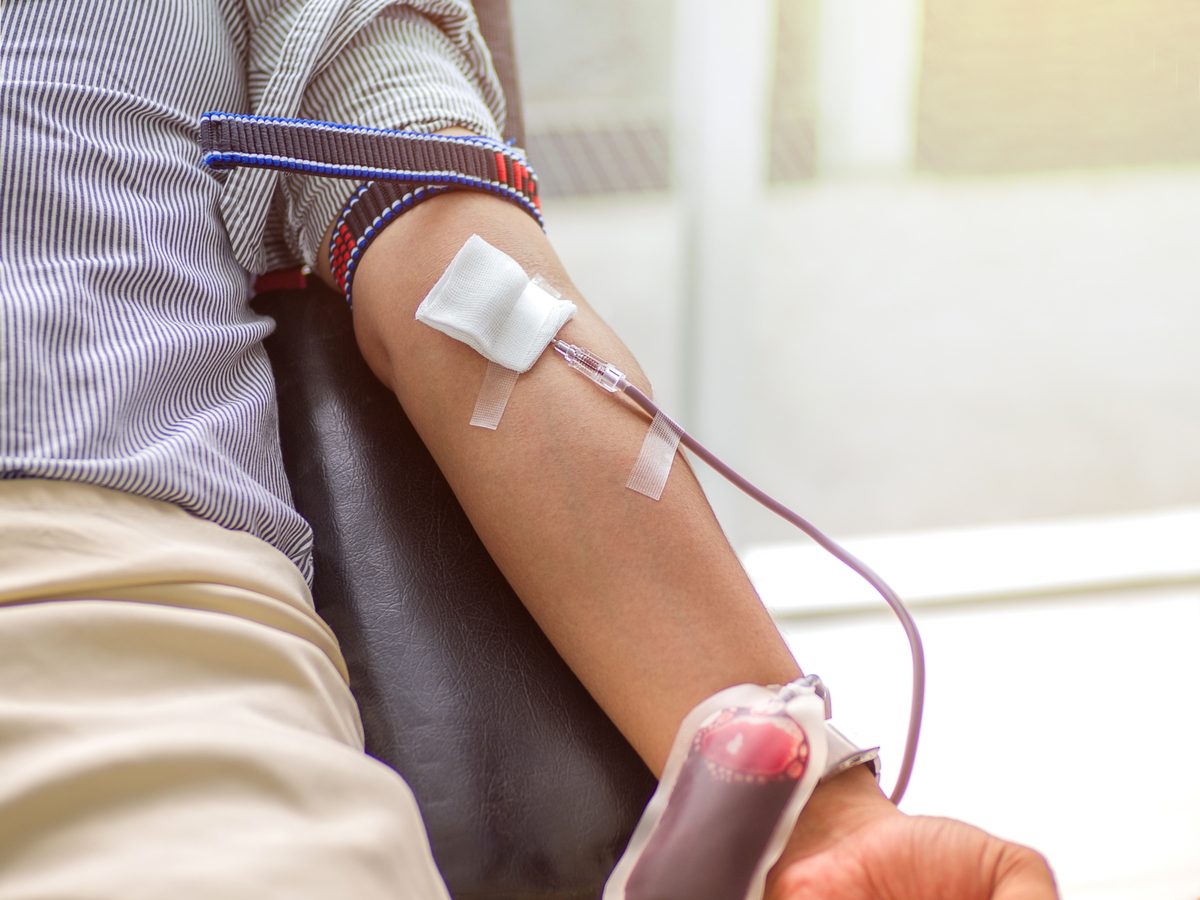
Altruism may ease physical pain
Selflessly helping others changes your brain activity and alleviates your experience of pain, suggests a series of experiments in China. In one, people giving blood to earthquake victims found the needle less painful than people getting blood tests. In another, subjects who volunteered to help migrant children found that immersing their hand in cold water was less uncomfortable than those who declined. And cancer patients who cleaned up for others reported less pain than patients who merely cleaned their own spaces. Researchers posit that altruism may temper unpleasant experiences by giving you a sense of reward, control and meaning.
Check out more health benefits of helping others.

Testing for radon? Do it for at least three months
It’s odourless, invisible and carcinogenic. Radon gas, which escapes naturally from certain minerals in the ground, dilutes to levels that are irrelevant in terms of health risk in outside air. But it can accumulate dangerously inside a building. In fact, it’s responsible for three to 14 per cent of lung cancers in any given country. That’s why health authorities recommend checking how much radon exposure you’re getting in your home at least once. For the most accurate result, take a longer-term measurement. When Aaron Goodarzi, a University of Calgary scholar, and his colleagues compared 90-day test kits to five-day test kits, the short-term kits’ readings were frequently unreliable because radon levels fluctuate from day to day.
See your doctor if you notice any of the following lung cancer symptoms.

Domestic abuse is a risk factor for chronic health issues
The causes of fibromyalgia and chronic fatigue syndrome—conditions that can involve pain and extreme exhaustion—are poorly understood. But both conditions have been linked to excessive stress, which might explain why a study from the University of Birmingham found that women who have experienced intimate-partner violence are nearly twice as likely to develop one of these syndromes as women who have not. Discovering this risk factor could aid with a diagnosis. “It’s hard to talk about,” says lead author Joht Singh Chandan, “but we recommend that where appropriate, doctors should not be afraid to ask.”

ASA for migraines: Affordable and effective
Several prescription drugs are available for migraine relief, but simply using acetylsalicylic acid (ASA) is a good option, according to a review in The American Journal of Medicine. The evidence so far suggests that taking a high dose (900 to 1,300 milligrams) when symptoms begin can relieve migraines, while a low daily dose (81 to 325 milligrams) can help prevent them from recurring. ASA is cheaper and more easily accessible than the prescription medications, and some patients experience fewer side effects. However, a doctor should supervise any drug you’re taking for the long term—even over-the-counter ones.
Here’s what you need to know about ocular migraines.

How to interest kids in fruits and veggies
Media exposure can help familiarize kids with nutritious foods, which is part of setting them up for healthy teeth, body weight, growth, development and beneficial lifelong habits. In a British study from 2018, reading picture books about particular fruits and vegetables to toddlers helped them to eat and enjoy those foods. And recently, school-aged children in the Netherlands were more likely to choose an apple or cucumbers over chips or pretzels if they had watched a kids’ cooking show featuring healthy dishes rather than an episode that featured junk food. Children’s preferences around food are also influenced by their parents’ example, of course, and by helping prepare meals.

The fast-acting benefits of cleaner air
Air pollution affects nearly everyone in the world. Children, seniors and lower-income people (who often live in places with poorer air quality) tend to suffer the most. Although it’s hardly news that reducing air contamination improves public health, the size and speed of those improvements can be surprisingly dramatic. Analysts based in Germany, Korea, South Africa and elsewhere recently reviewed what’s happened in cases where pollution has decreased.
For instance, when Atlanta hosted the 1996 Olympic Games, parts of the city were closed to private cars for 17 days, and 24-hour public transportation was made available instead. The goal was to help athletes and spectators get to events on time, but the air quality improved during that period, as well. In the next four weeks, kids’ medical visits for asthma decreased by over 40 per cent. A similar effect was recorded during the 2008 Beijing Olympics.
Another example: in 1990, Hong Kong passed stricter regulations for the content of fuel oil used for power plants and cars. The annual rates of respiratory and cardiovascular deaths then dropped by two and four per cent, respectively. Overall life expectancy lengthened. The economic benefits of an air-quality intervention usually outweigh the costs, the authors said, whether it’s banning public smoking, reducing traffic, expanding green spaces or generating clean energy. “Air pollution is largely an avoidable health risk,” they emphasized.
Learn more ways climate change is making you sick.
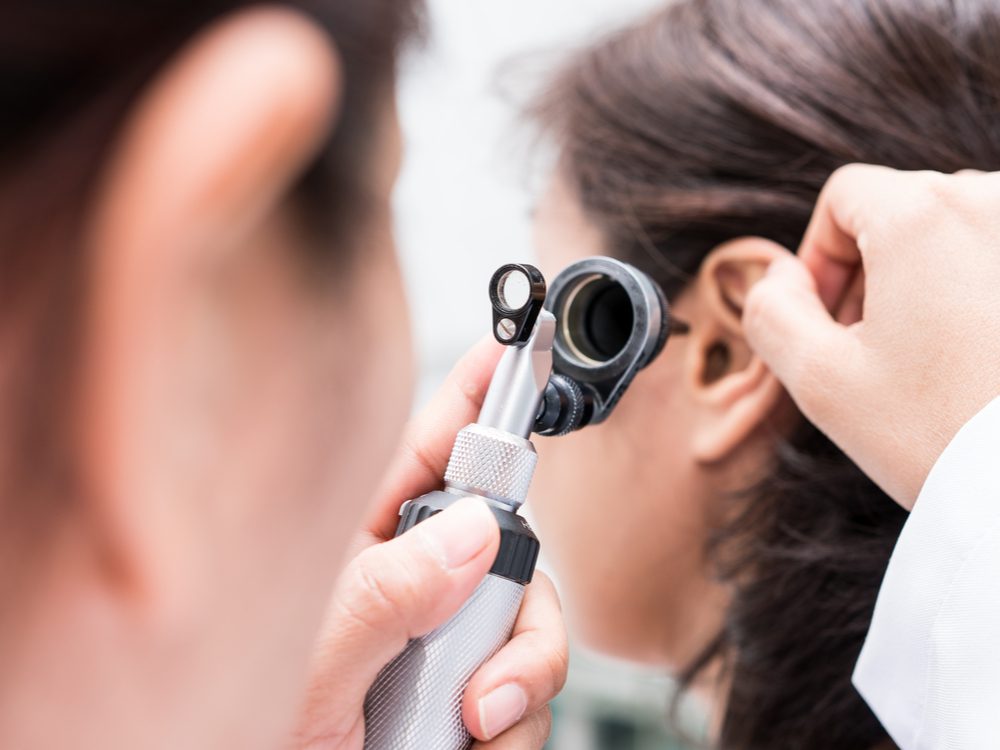
Sudden hearing loss: Don’t delay going to the doctor
It’s not unusual for hearing to decline gradually with age. But if you notice a change in one ear over less than three days, get it checked as soon as possible. It could be something temporary, such as an earwax buildup, but there’s a chance it’s sudden sensorineural hearing loss, which can become permanent. “Sensorineural” means that something has gone wrong with the inner ear, and it occurs most among people in their 50s and 60s. Many cases don’t have a clear cause but can be treated with steroids. “The earlier a treatment is begun, the better your chances that your hearing comes back,” says a newly updated guideline from the American Academy of Otolaryngology–Head and Neck Surgery Foundation.
Speak to your doctor if you notice these signs of hearing loss.
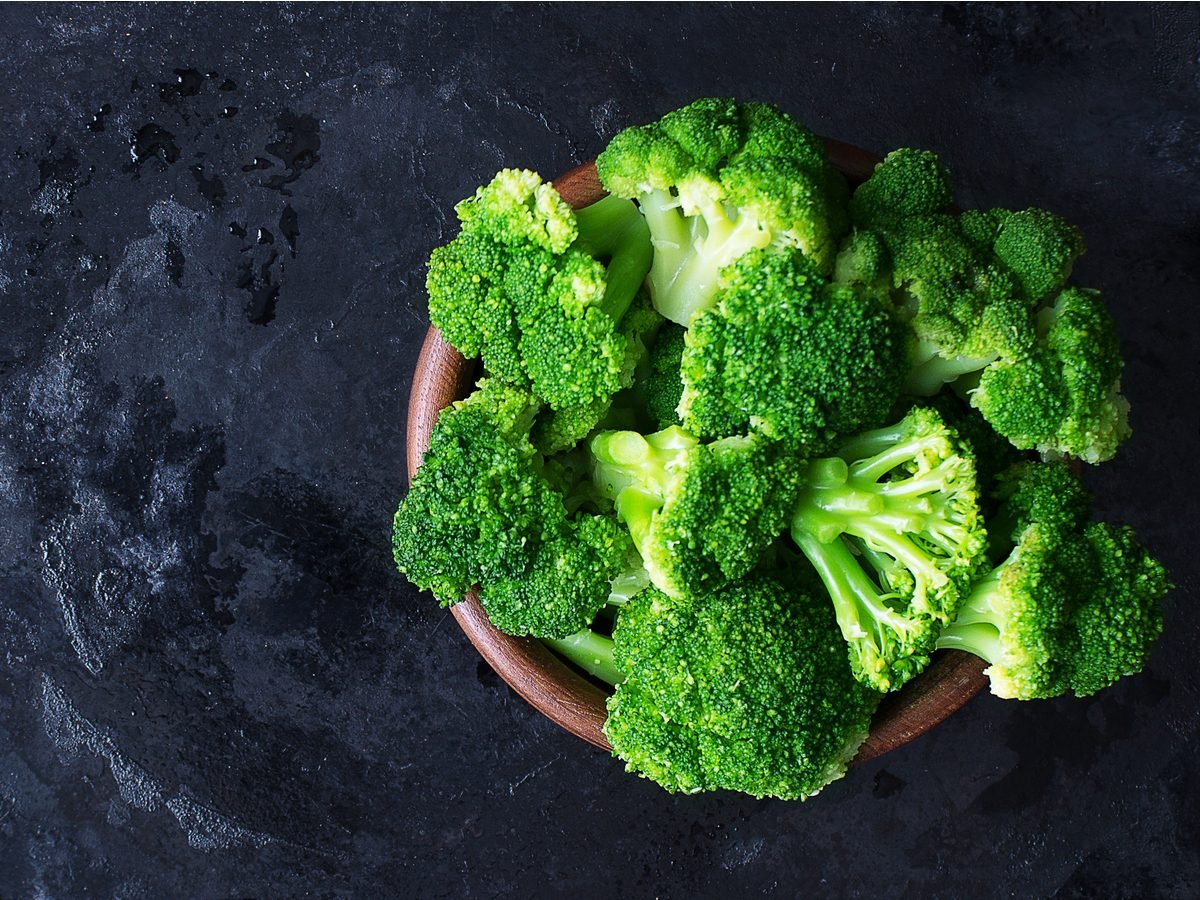
Can’t stand bitter veggies? It might be genetic
Compounds found in certain vegetables taste exceptionally harsh to people with particular gene variants. The same people, an estimated 15 to 25 per cent of humanity, also sometimes dislike coffee or dark chocolate. In a study conducted by Jennifer L. Smith of the University of Kentucky, participants with the identified variants were likely to consume fewer veggies. “The problem vegetables tend to be in the cruciferous family, which includes cabbage, broccoli and Brussels sprouts, among others,” she says. Instead of giving up on produce altogether, and missing the health benefits, be adventurous. Try other, sweeter veggies like carrots and beets.
Don’t miss these signs you’re not eating enough vegetables.
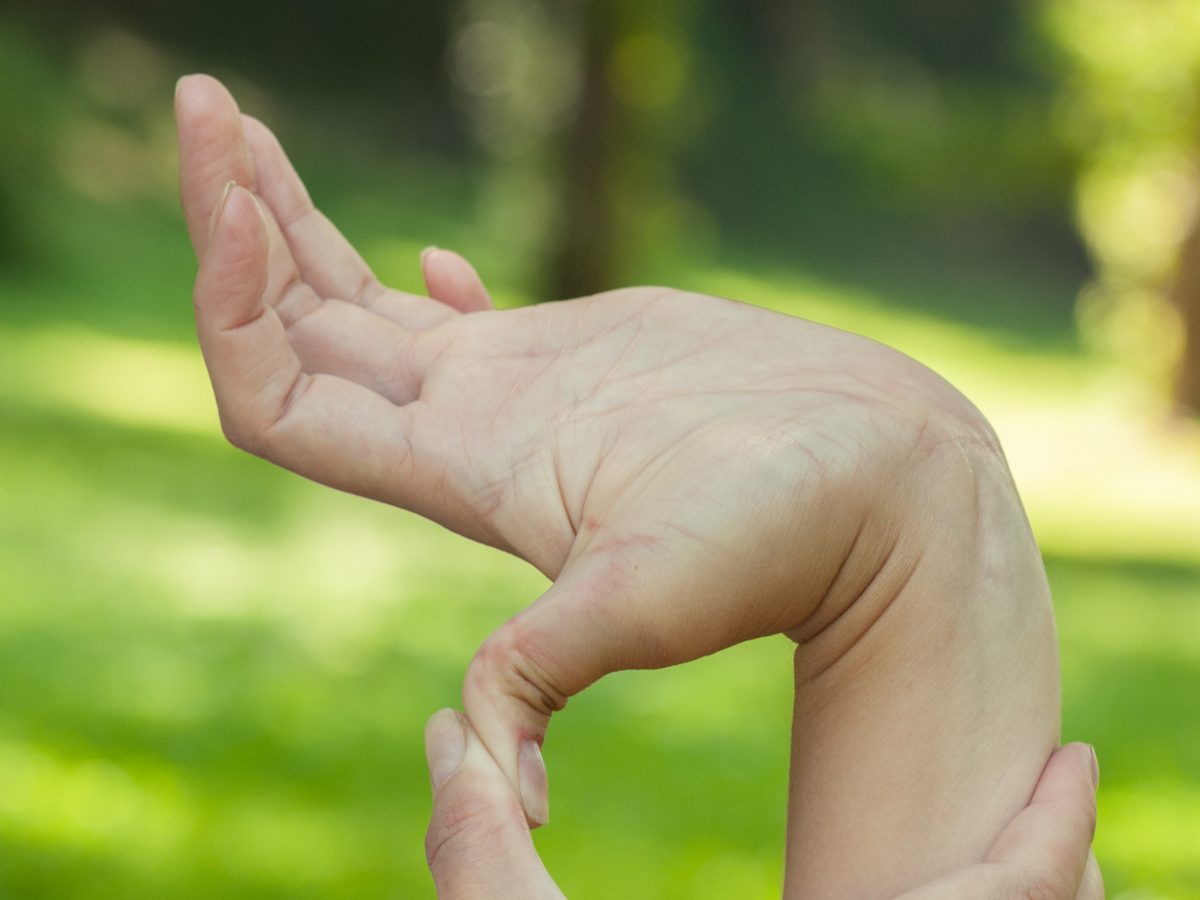
Taken together, “rare” diseases not so rare
Chances are you’ve never heard of Marfan syndrome or eosinophilic fasciitis. They’re among the diseases that are considered “rare” because they affect no more than five in 10,000 people. Such ailments are often hard to diagnose and treat, partly because they haven’t received much scientific attention. But when you combine them, they actually affect around 300 million people worldwide (not including rare cancers or infections). This new estimate is based on Orphanet, an online database that gathers knowledge of rare diseases. “It can be searched by disease to find patient organizations, expert centres, research projects and registries in Europe, Japan and Canada,” says Charlotte Rodwell, a Paris-based spokesperson for the project.
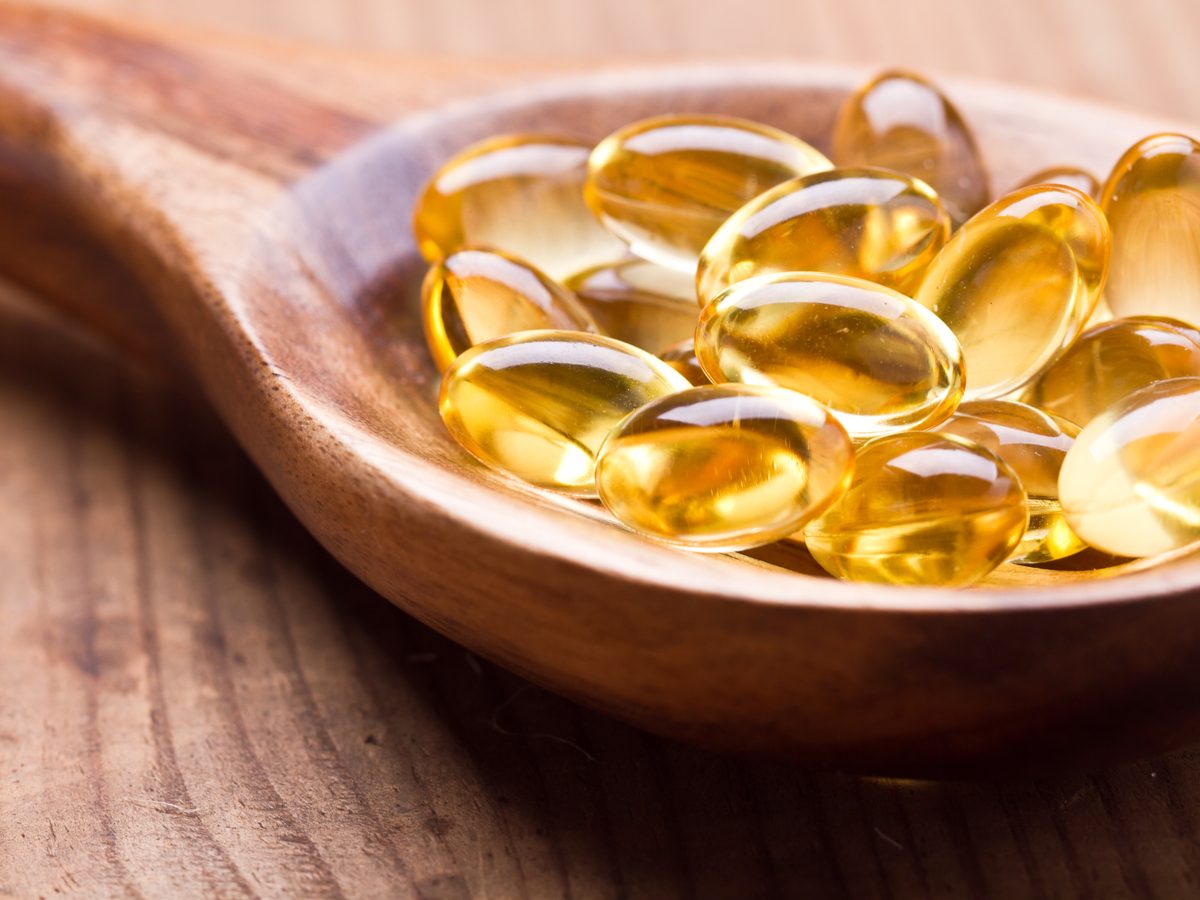
Fish oil doesn’t prevent depression or anxiety
A meta-analysis commissioned by the World Health Organization concluded that, despite popular belief and anecdotal reports, fish oil and other omega-3 supplements probably don’t stave off depression or anxiety. It looked at only the highest-quality evidence available: randomized controlled trials that lasted at least six months. Your body needs small amounts of omega-3 fats, and there’s no doubt that oily fish, such as salmon, herring or sardines, are good for your general health, as are other omega-3-rich foods such as nuts and seeds. But given that the fish-oil industry fishes heavily for species that are key to ocean food webs, you might want to think twice about taking such supplements for unproven benefits.
Discover more unexpected benefits of fish oil.

Wellness and the arts
Artistic activities are making inroads as treatments for medical conditions—including tango for Parkinson’s and choral singing for chronic obstructive pulmonary disease. In a comprehensive review, the World Health Organization’s regional office for Europe found that the arts can not only reduce risks and improve conditions, they help with complex problems that conventional health care alone struggles to address, such as obesity and mental illness. That’s because participating in the arts promotes wellness on several fronts at once, including social support, cognitive stimulation and stress reduction.
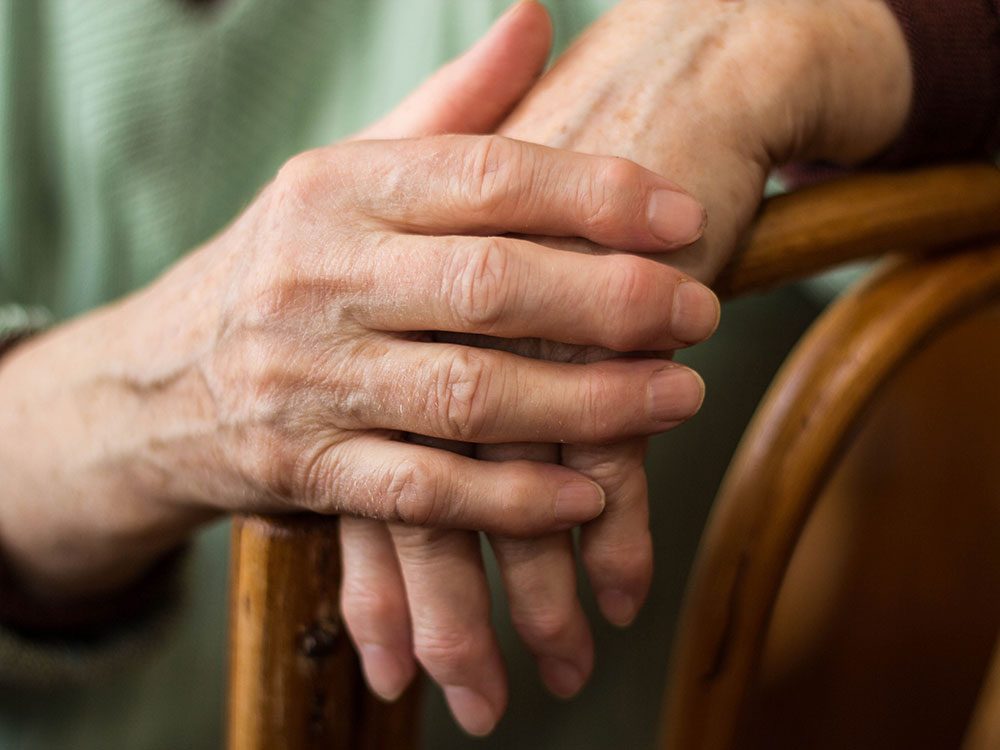
Rheumatoid arthritis’s links to other conditions
Rheumatoid arthritis (RA) causes chronic inflammation in the joints but sometimes also in other parts of the body, including the blood vessels. Because of this, the likelihood of heart attack and stroke are roughly doubled for sufferers, a fact that was recently confirmed by a Mayo Clinic study. The RA patients also ran a higher risk of blood clots both before and after their diagnoses, suggesting that the inflammation may actually start before the arthritis becomes apparent. Symptoms of a clot can include pain, redness and warmth in a leg, an arm or the groin. If it travels to your lungs, you could notice sudden, unexplained shortness of breath. Blood clots are medical emergencies, and people with RA should keep an extra-vigilant eye out for them.

Penicillin allergies can be outgrown
If you believe you’re allergic to penicillin, there’s a good chance it isn’t true—even if your health record indicates otherwise. Several European and North American studies now back this up, including one that recently examined inpatients at Candler Hospital in Savannah, Georgia. “About a fifth of the time, we could figure out that there was no allergy just by talking to the patient,” says Dr. Christopher Bland, a researcher and pharmacist at the University of Georgia. They often learned during these discussions that the allergy assumptions were based on common non-allergic, non-life-threatening side effects of antibiotics, such as nausea or short-term diarrhea.
In other cases, the patient did once have an allergy—which can cause a rash, hives, swelling in the throat or even anaphylaxis. “But five years after the event, 50 per cent of people will no longer have a reaction. They’ll grow out of it,” says Bland. “After 10 years, that number goes up to 80 per cent.” A skin test can indicate whether you likely still have an allergy; if it’s positive, you’ll get an itchy red bump.
If not, you may be in luck, since penicillin often costs less money, causes fewer side effects and fights infections better than alternatives. For some conditions, such as strep throat, it’s the antibiotic of choice. “Patients should feel free to proactively bring up this topic with their doctors,” says Bland. “Because there’s a very good chance they’re not allergic.”
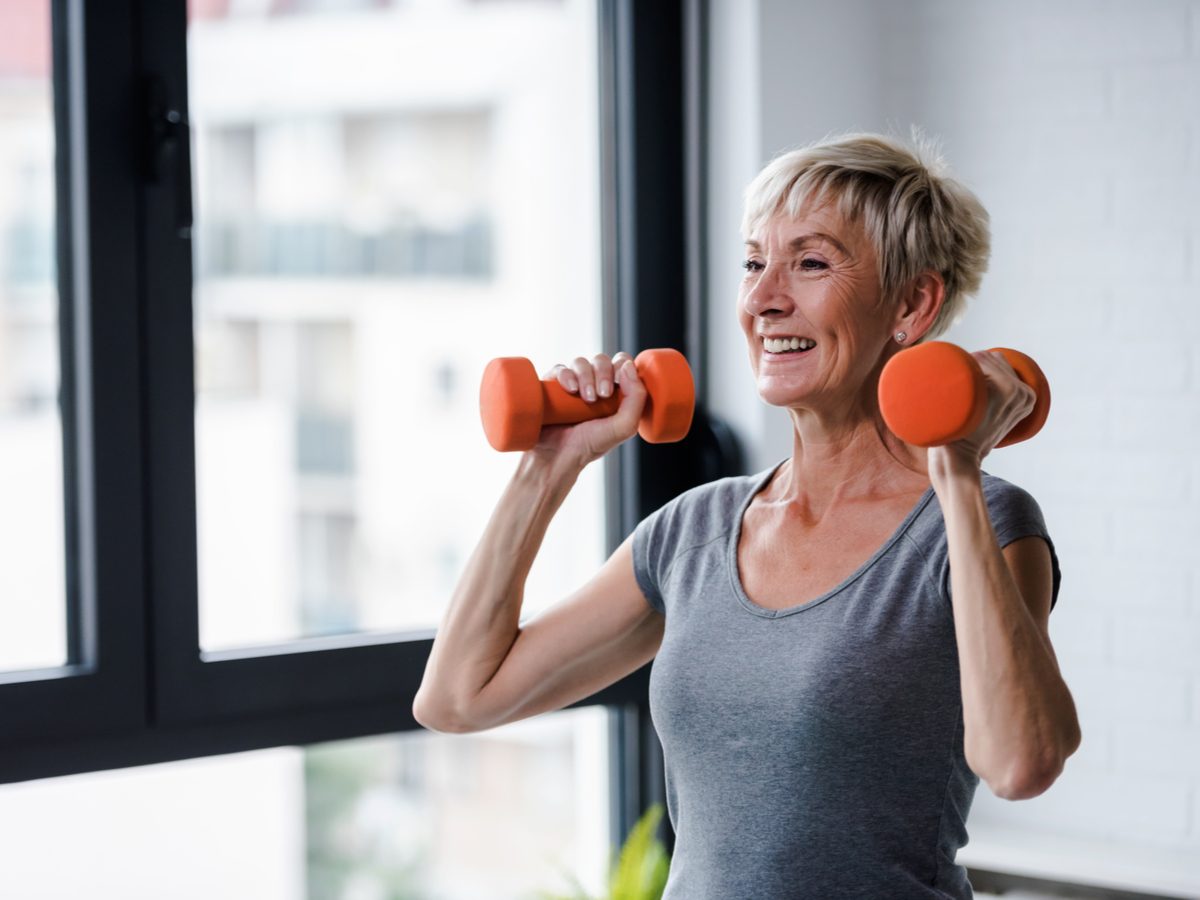
Strength training: It’s never too late to start
With age, we all experience a decline in skeletal muscle mass. “That loss poses serious functional consequences,” says James McKendry, an exercise researcher at McMaster University in Hamilton. Resistance exercises can combat this problem—even for seniors who are new to working out. McKendry and his colleagues recruited 15 men over 60 years of age—seven were long-time endurance athletes, and the rest were untrained. Surprisingly, both groups had a similar capacity to build muscle in response to performing knee extensions. If you want to start a new training habit, “first seek the advice of medical and strength-training professionals,” says McKendry. Whether you’re frail or hale, they can help you select beneficial exercises.
Life expectancy is on the rise, but a long life isn’t always a full one. From finding a roommate to jogging up stairs, here’s science-backed advice on how to live to 100—and love it.
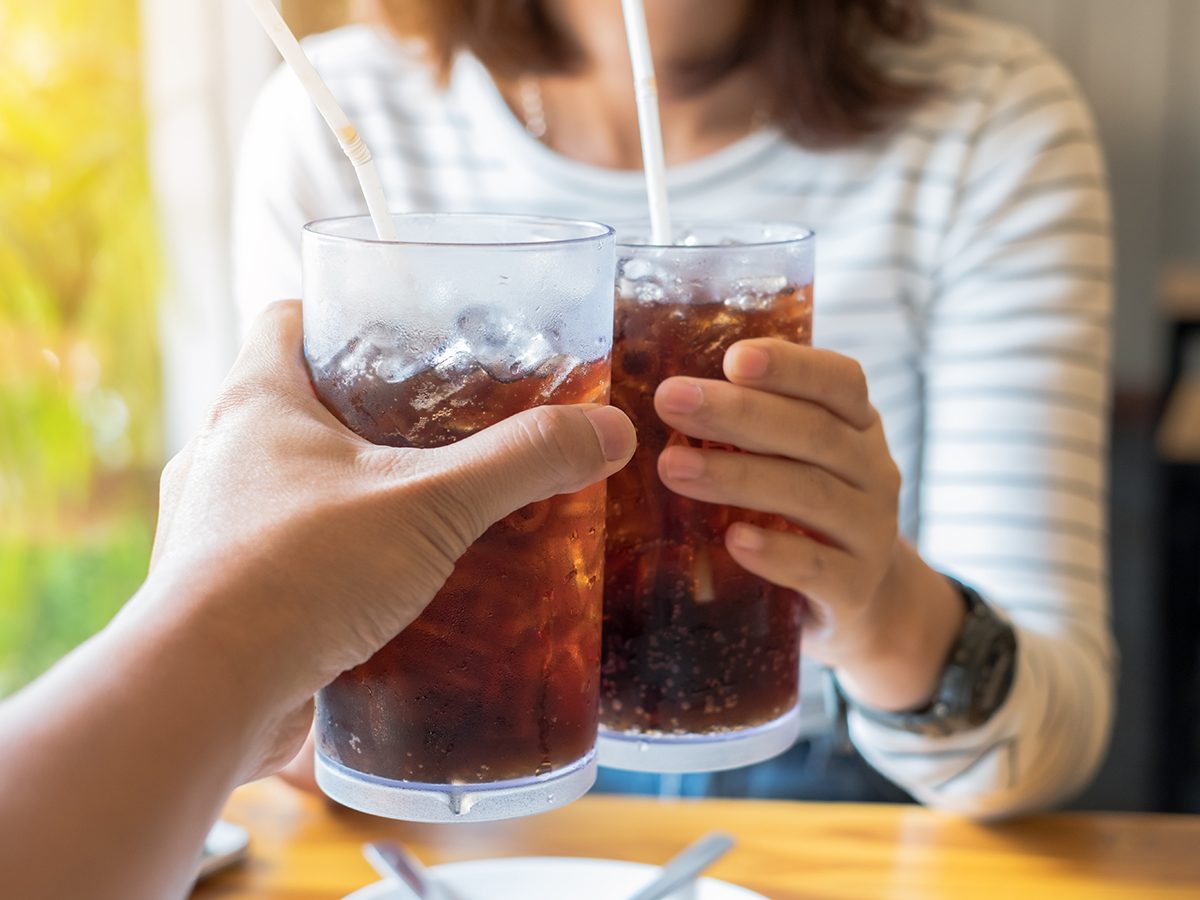
Poor diets linked to acne in adults
Pimples, the curse of teen years, can affect grownups, too. They’re especially a challenge for women, possibly because they’re more prone to hormonal imbalances. A study of over 24,000 French participants suggests that you’re also more likely to experience adult acne if you’re consuming a lot of sugary drinks, dairy products or fatty fare.
Here are 20+ more ways sugar is making you sick.

Antibiotics can lead to unintended pregnancies
Taking antibiotics may keep birth-control pills from working as intended, according to a British study of unwanted drug side effects. To play it safe, the researchers recommend women take extra precautions—using condoms, for instance—until they’re finished their prescription.

Another helping won’t hurt you
Many of us overeat during the holidays—and immediately dread the impact on our health. But it turns out we may be worrying for nothing. For a study that sounds more fun than most, healthy young men ate as much pizza as they possibly could. On average, they stuffed in about 3,000 calories—far more than most adults need to consume in an entire day. Yet, their blood sugar didn’t climb more than it would after a normal meal, and fat levels in the bloodstream were only slightly higher than usual. Frequently eating too much can lead to obesity, diabetes and a host of other health issues, but an occasional overindulgence isn’t enough to make people suffer metabolic consequences.
Always hungry? Find out eight reasons you can’t stop eating.

A hysterectomy isn’t the only solution for fibroids
They’re not normally life-threatening, but uterine fibroids, which typically arise between the ages of 30 and 50, are a source of recurring pain for roughly one in six women. These non-cancerous tumours in the womb can also cause bloating, painful sex, a constant feeling of needing to pee and difficult, heavy periods. For years, hysterectomy (surgically removing the uterus) has been the one-size-fits-all treatment. But with many women choosing to conceive after 30, there’s a need for treatments that alleviate the symptoms while preserving the ability to start a family. People who don’t plan to carry a child also may not feel that the condition warrants removing their uterus.
British scientists have been comparing two newer womb-sparing alternatives: myomectomy (cutting out the fibroids) and uterine artery embolization (blocking the blood flow to the fibroids). Both treatments proved effective at providing relief, and women were able to give birth afterwards. Compared to the embolization patients, the myomectomy patients had slightly better health-related quality of life at the two-year mark, although they also had a longer initial hospital stay. Your doctor can help you explore the pros and cons of each option in detail.
Find out why women’s pain is so often ignored.
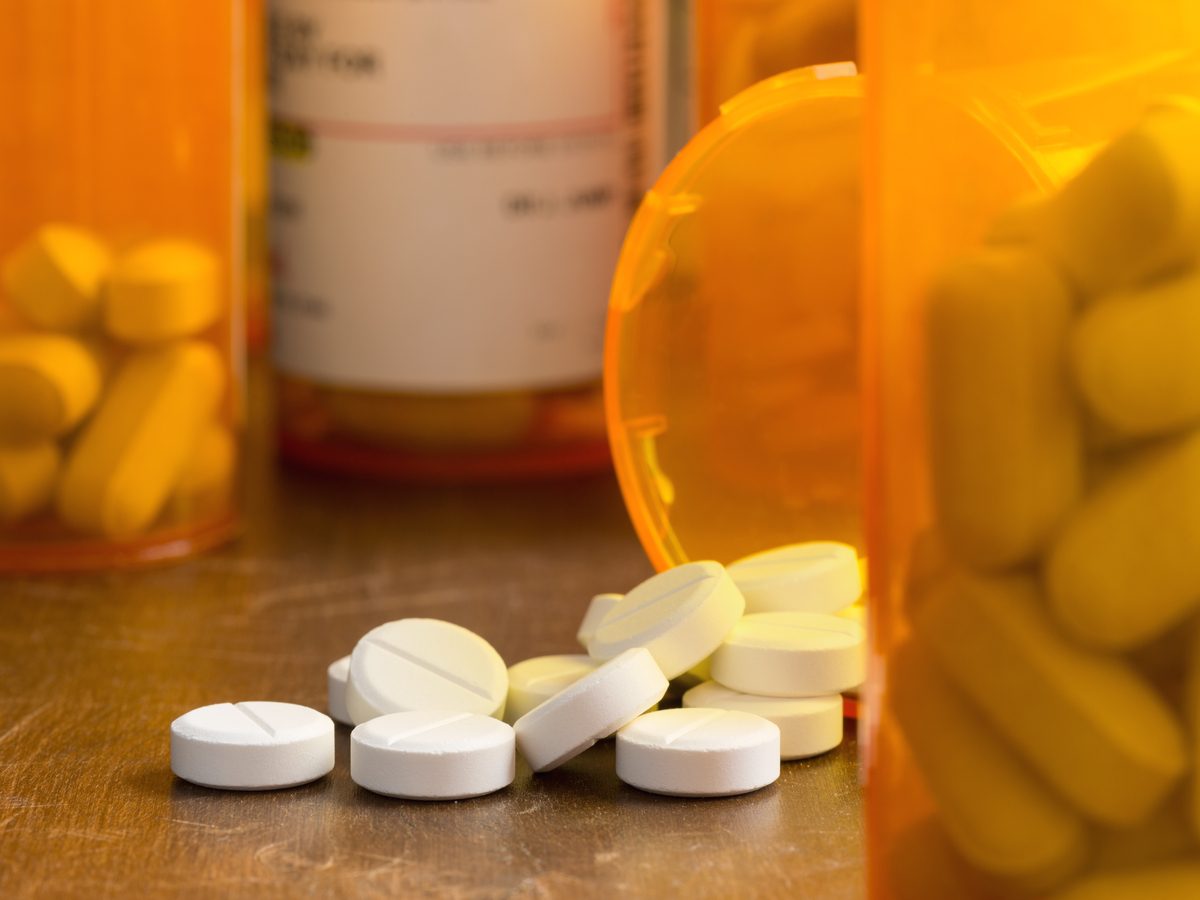
Seniors: Watch out for these prescriptions
McGill University researchers recently found that two-thirds of hospitalized Quebec seniors are prescribed potentially inappropriate medications (PIMs) when they’re discharged. These are drugs that are likely to cause more harm than good for people over 65, who run a higher risk of falls and other problematic side effects. They include proton pump inhibitors (unless you have stomach bleeding or a peptic ulcer) and benzodiazepines (which could be worth the risks for treating epilepsy or severe anxiety but not insomnia). Ask your doctor to consult the complete list of these medications, which can be found online through the American Geriatrics Society, before filling a prescription.
Make sure you never mix these prescription drugs and supplements.
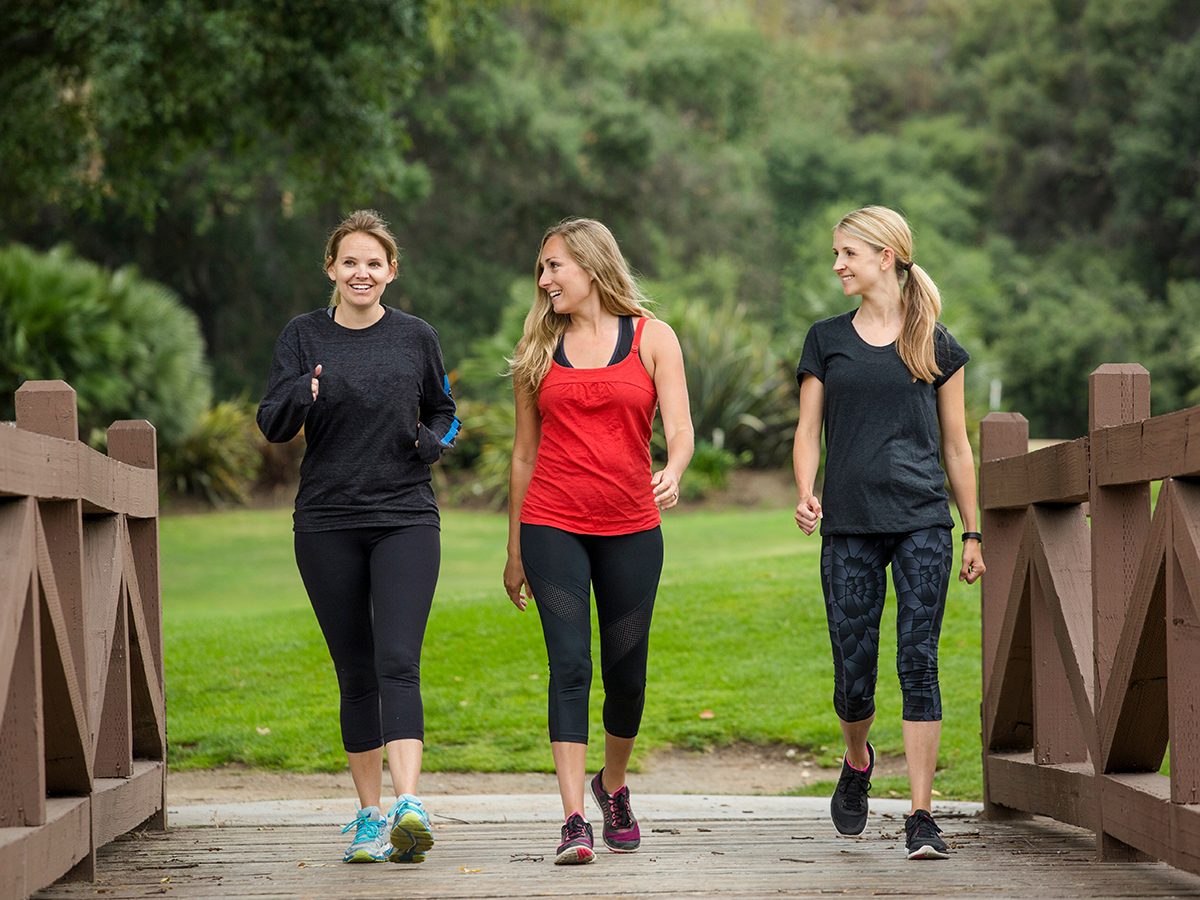
Exercise already saving millions of lives
We all know that sloth is one of the deadly sins. And indeed, insufficient exercise contributes to around 3.2 million deaths worldwide. On the flip side, though, physical activity prevents an even bigger number of deaths, including 3.9 million that would be considered “premature”. Keep that in mind if you prefer positive motivation over the fear of negative consequences. The British, Australian and French researchers who made this calculation argue that we should celebrate what exercise is already accomplishing, as a way to encourage even more people to get moving.
Find out what happens to your body when you start walking 10,000 steps a day.